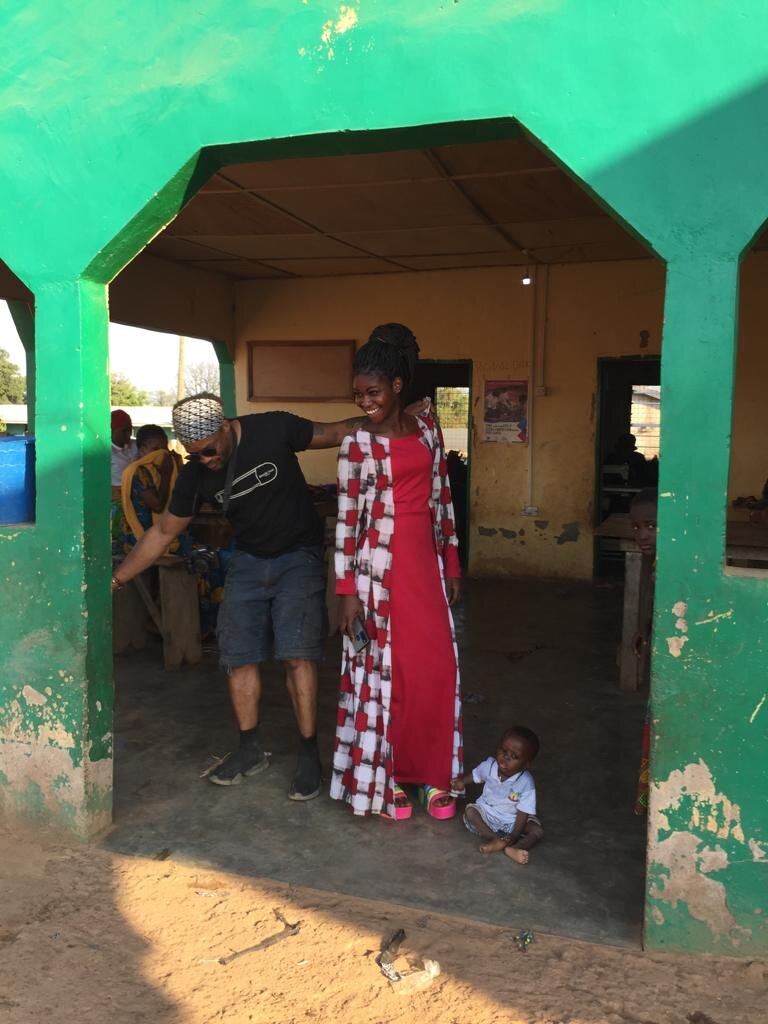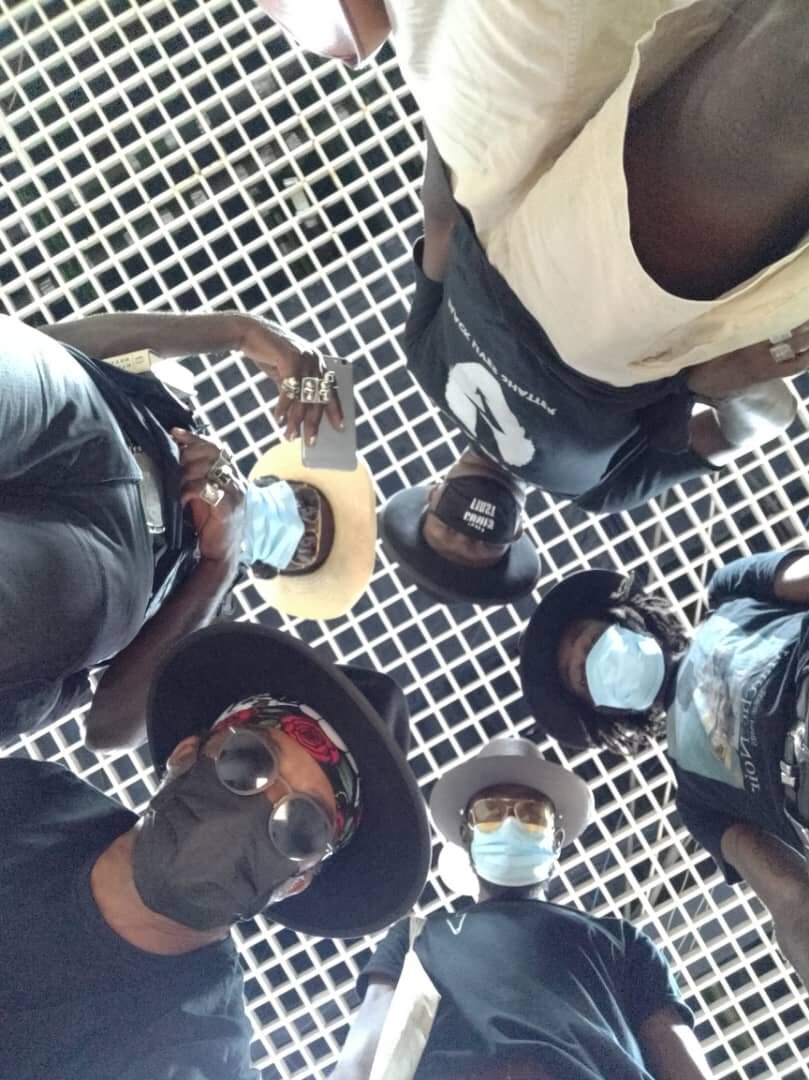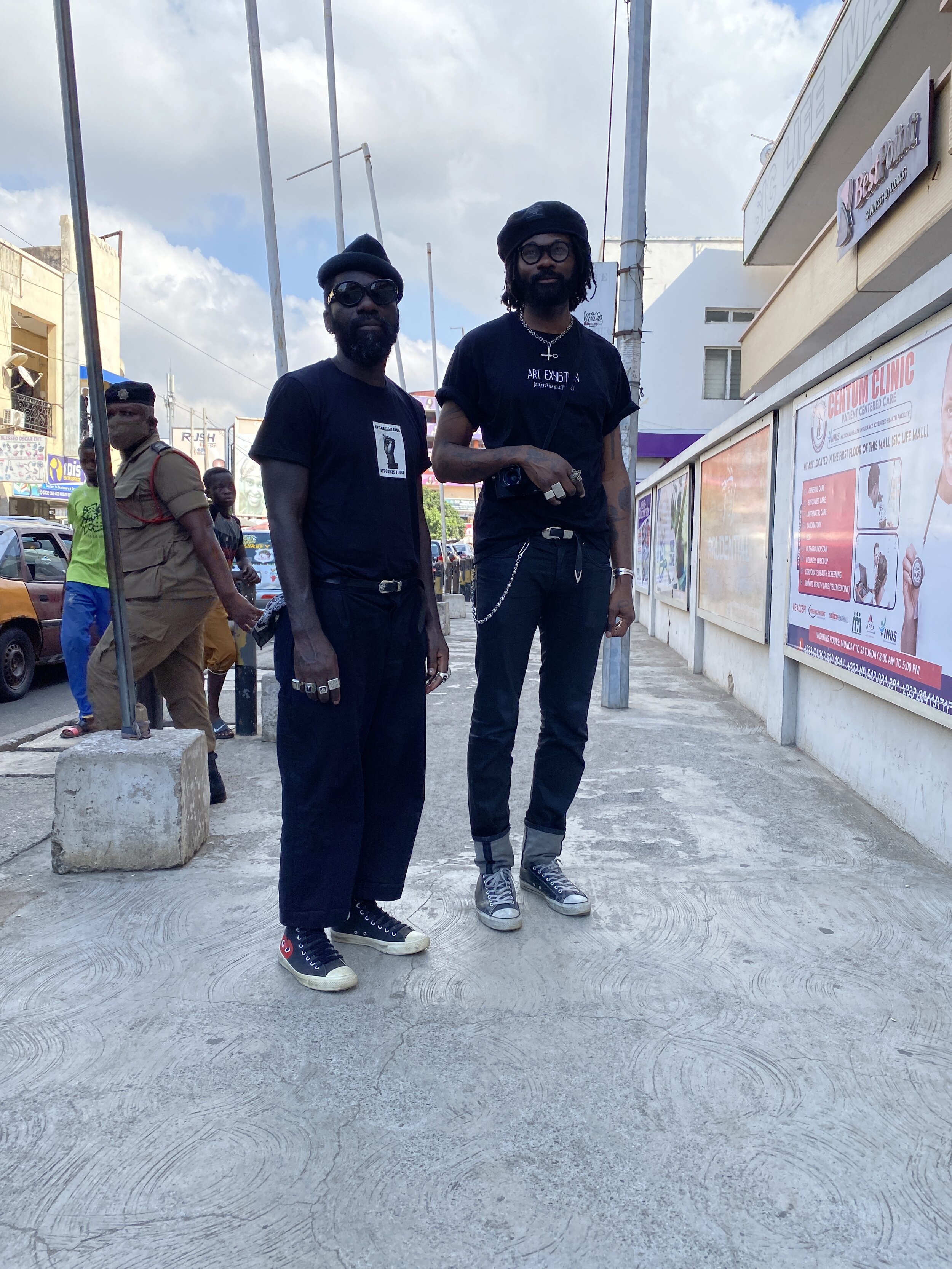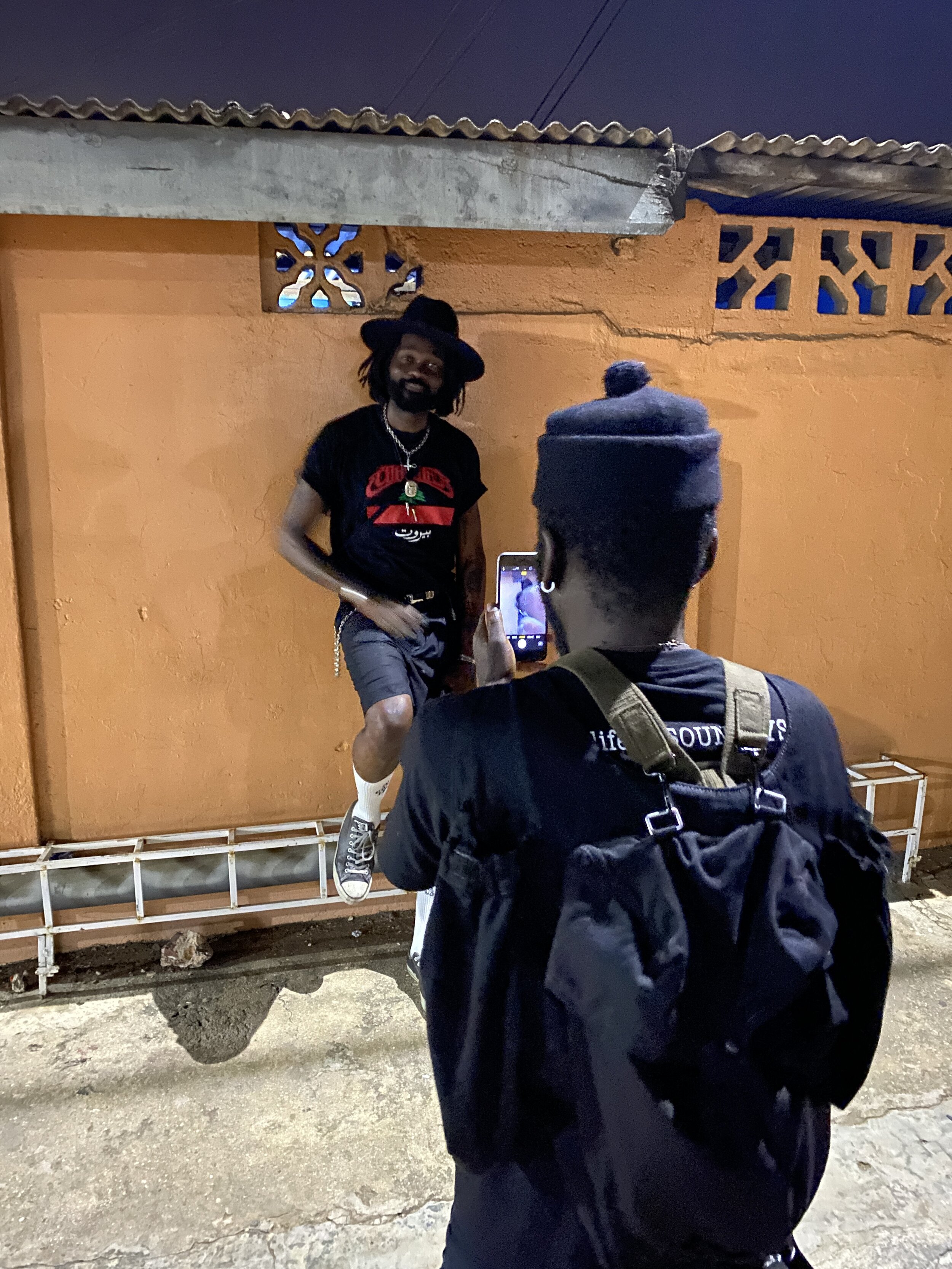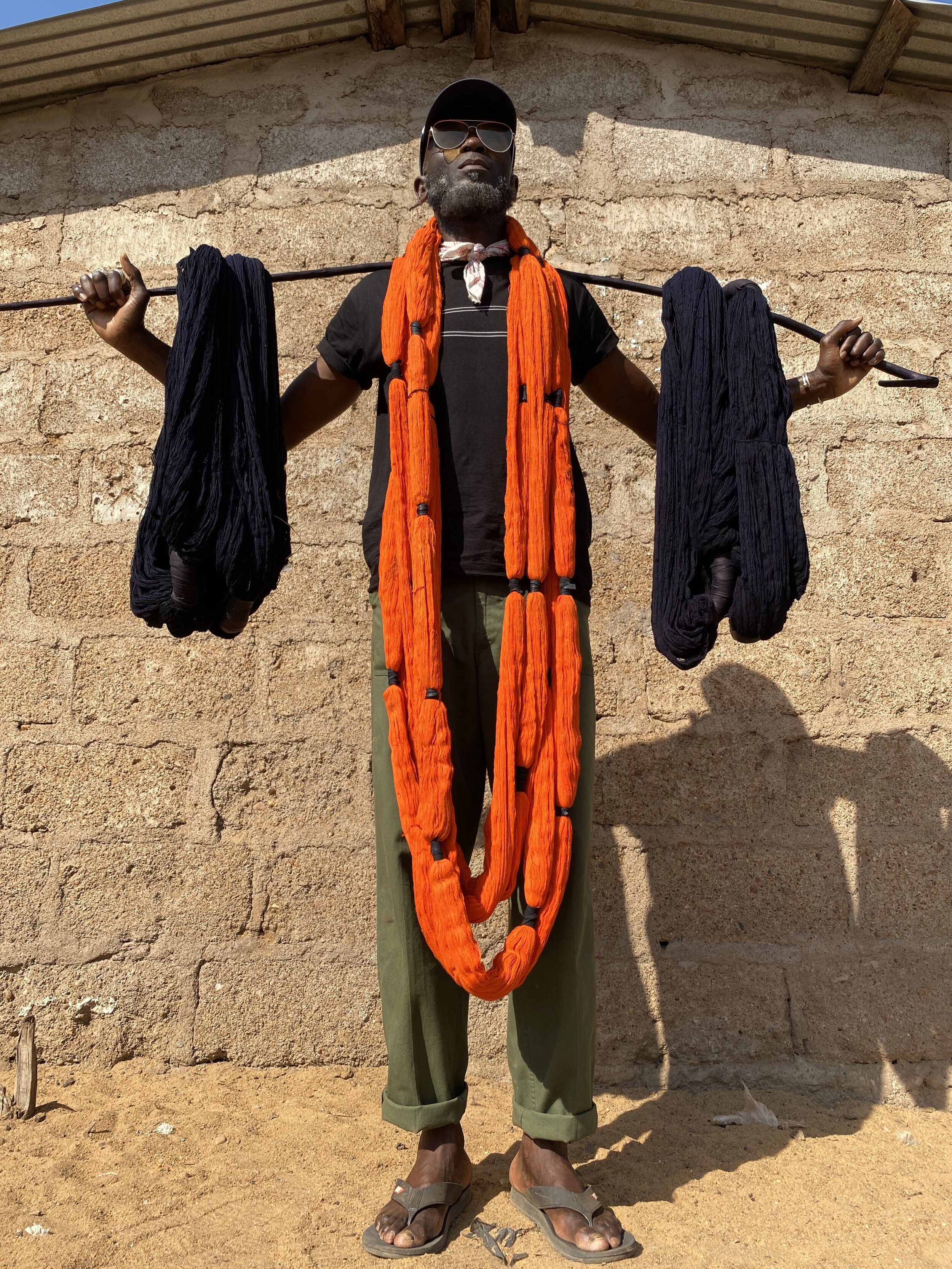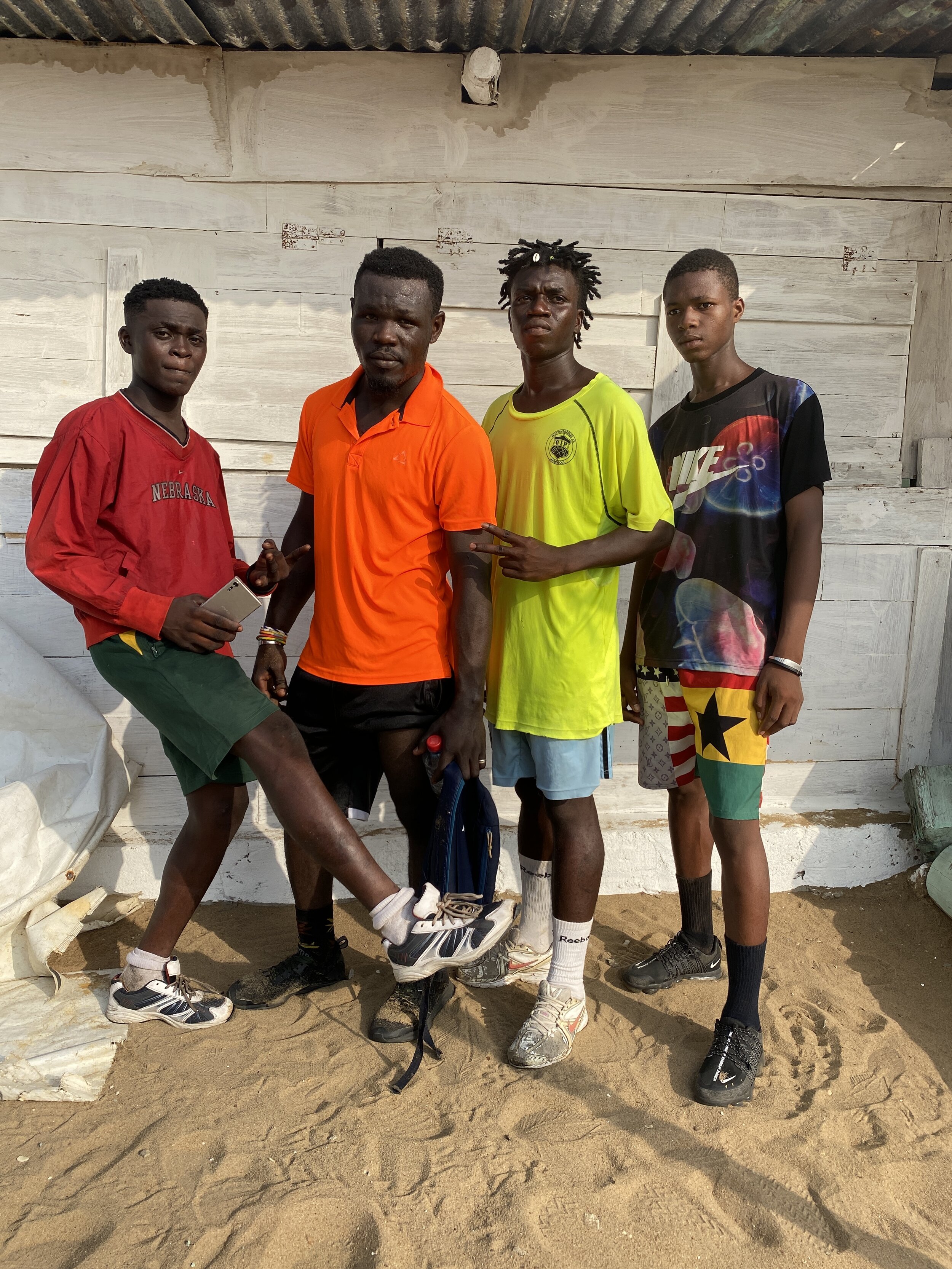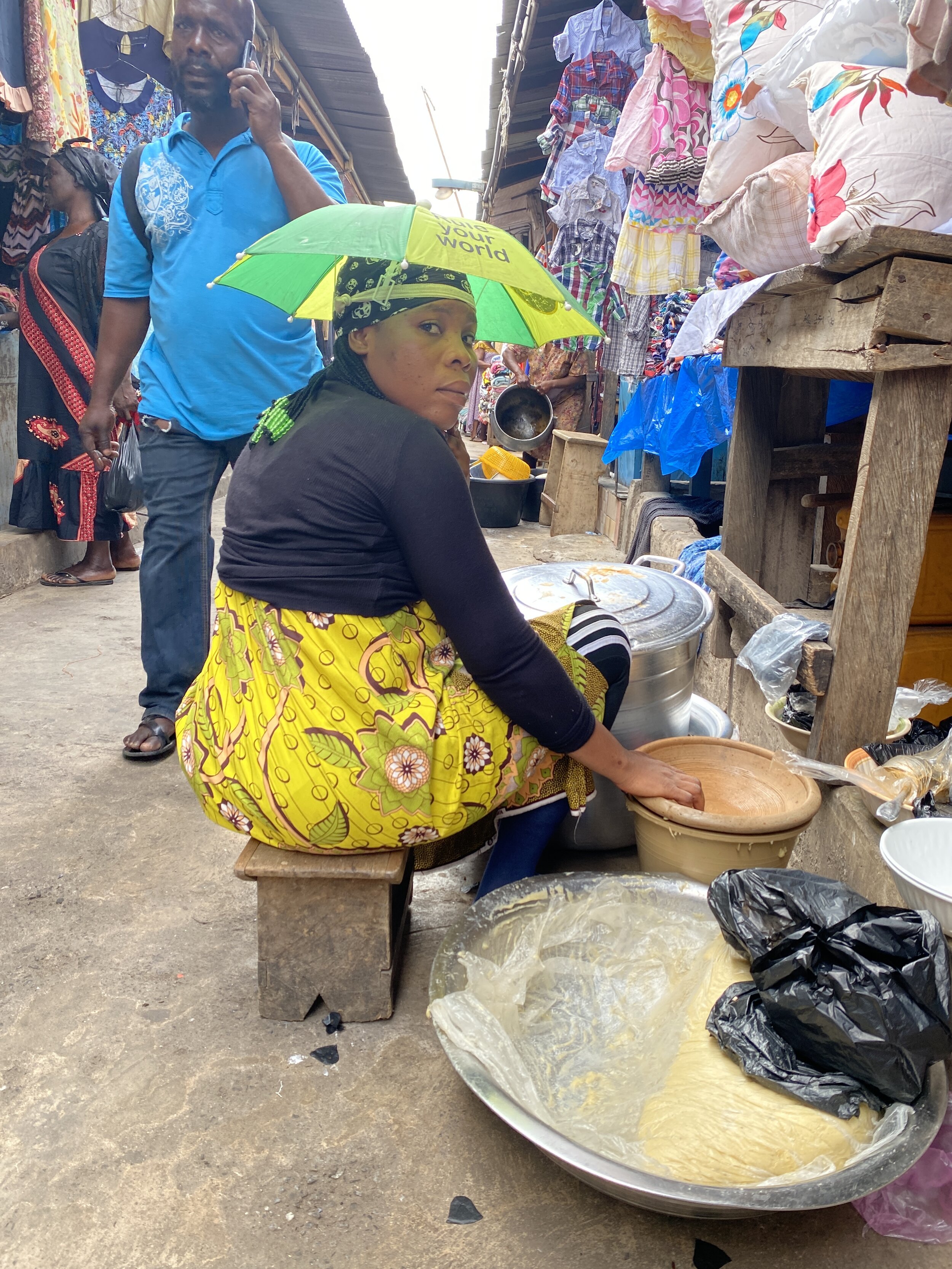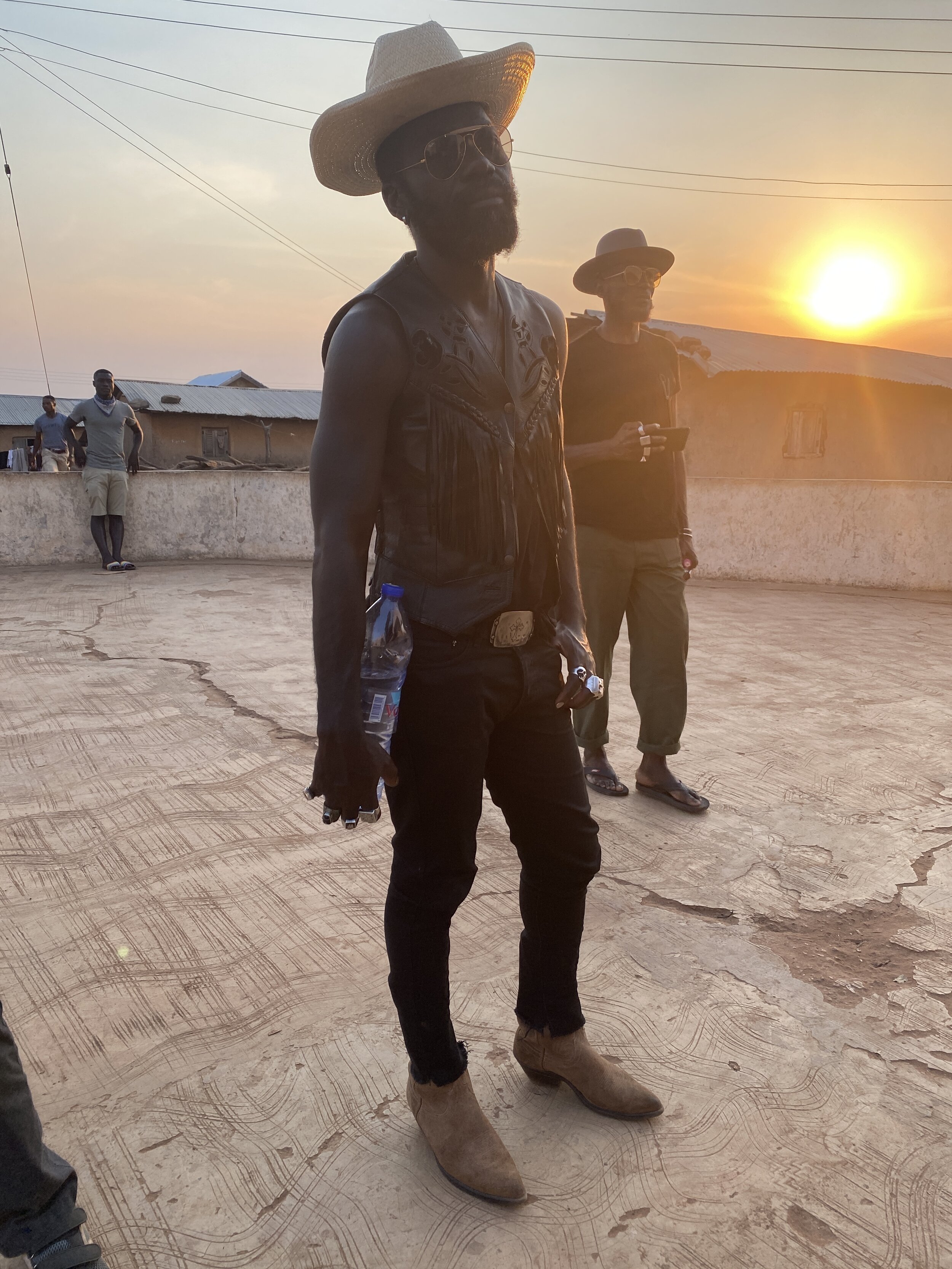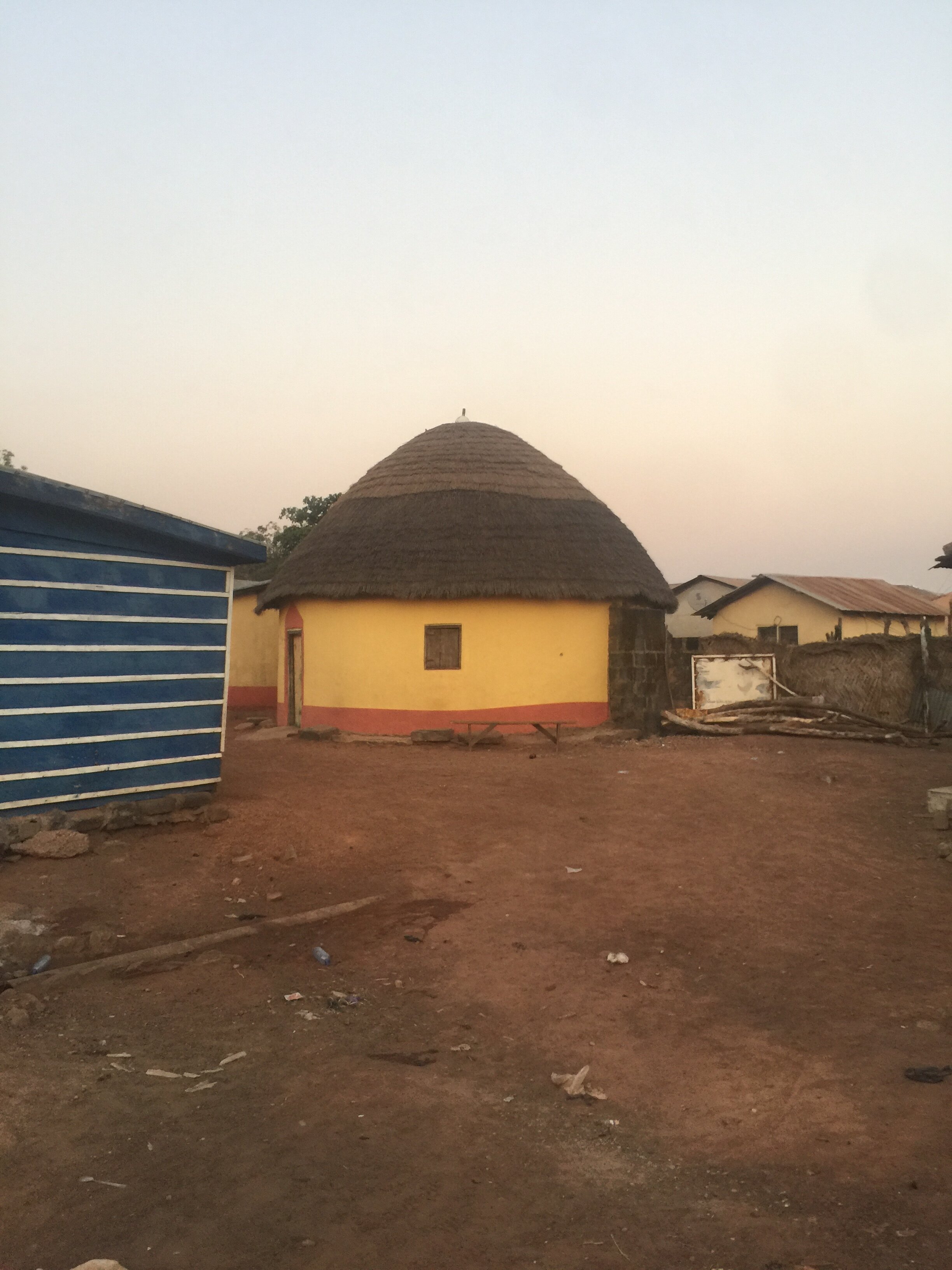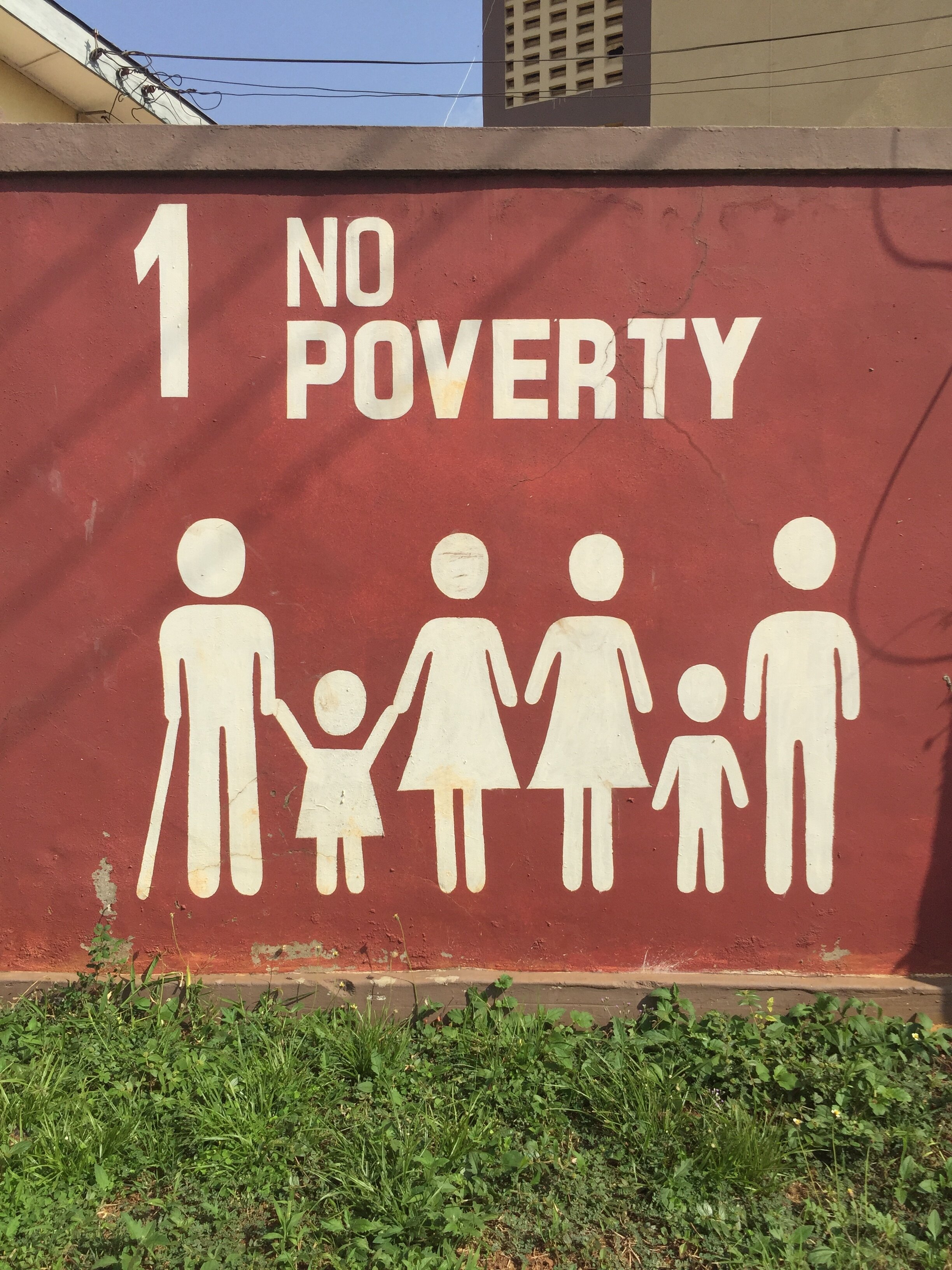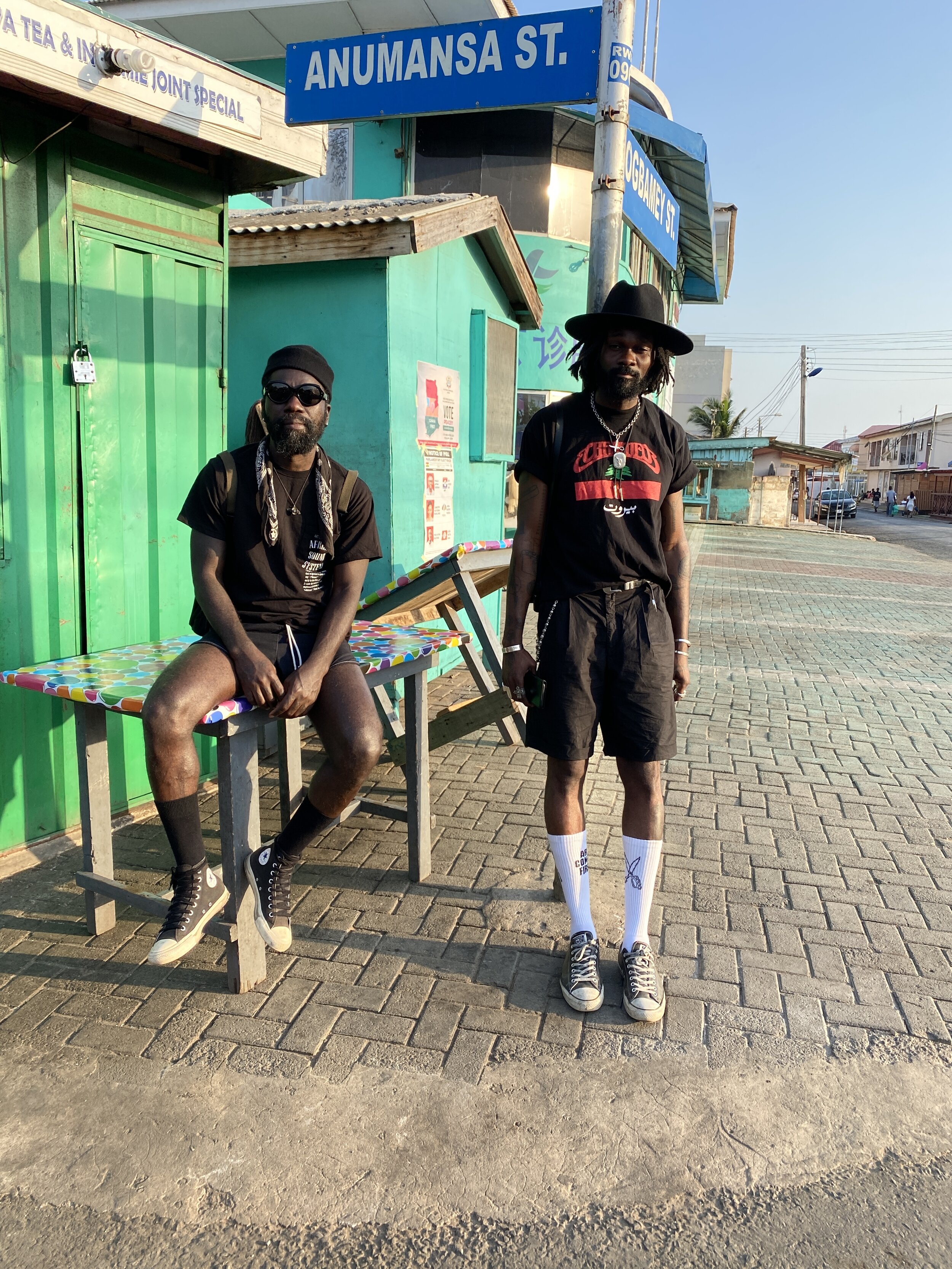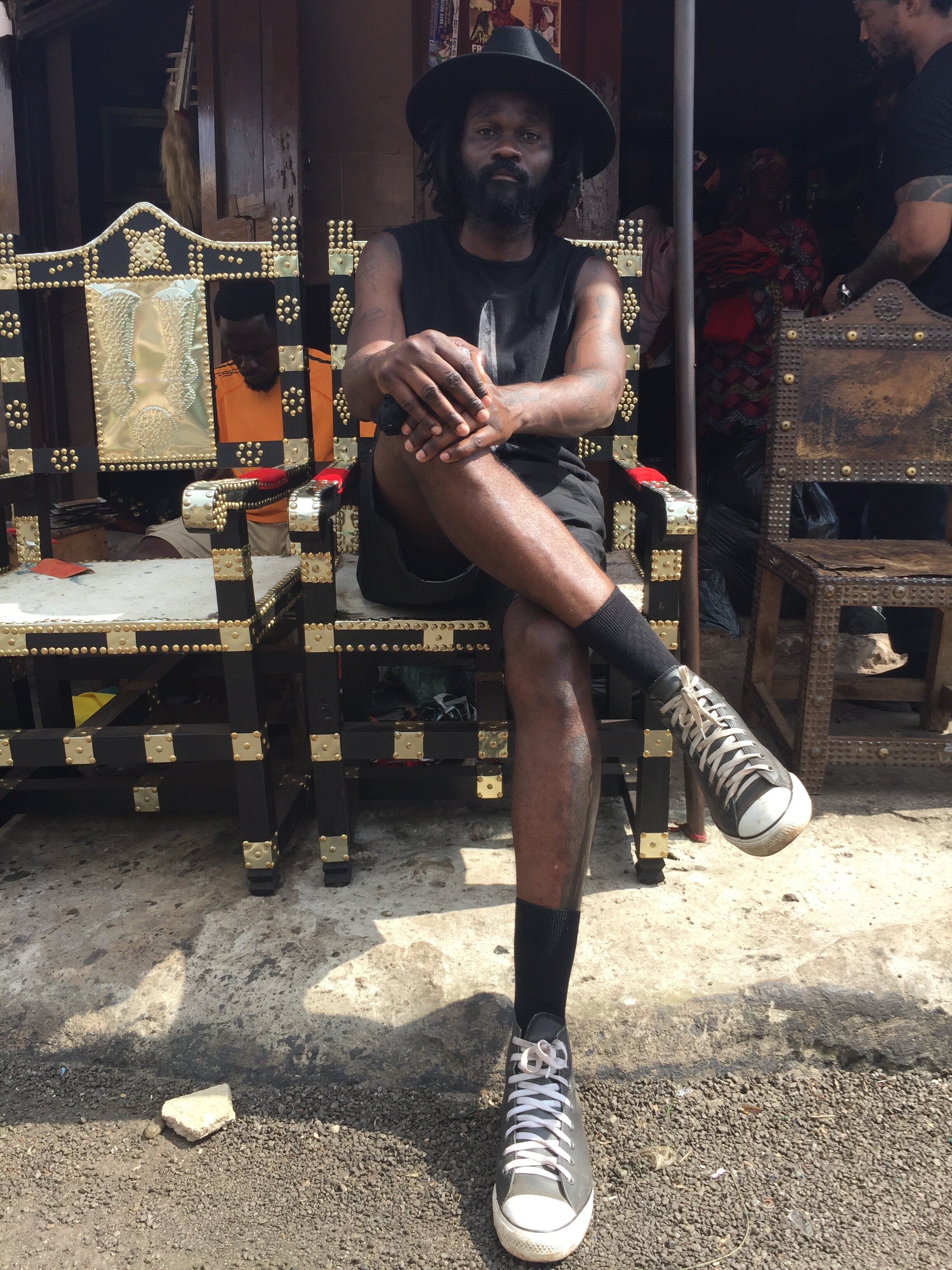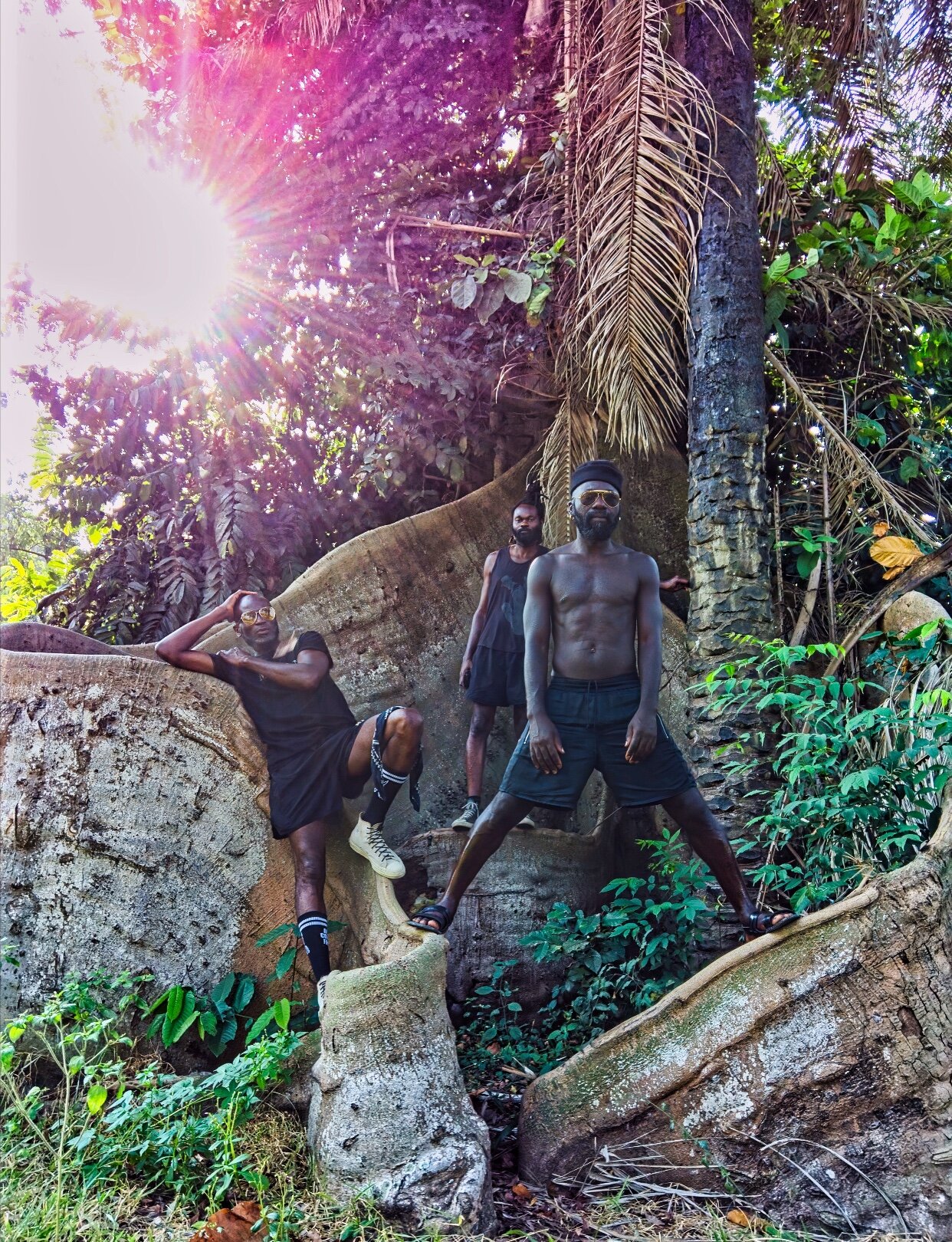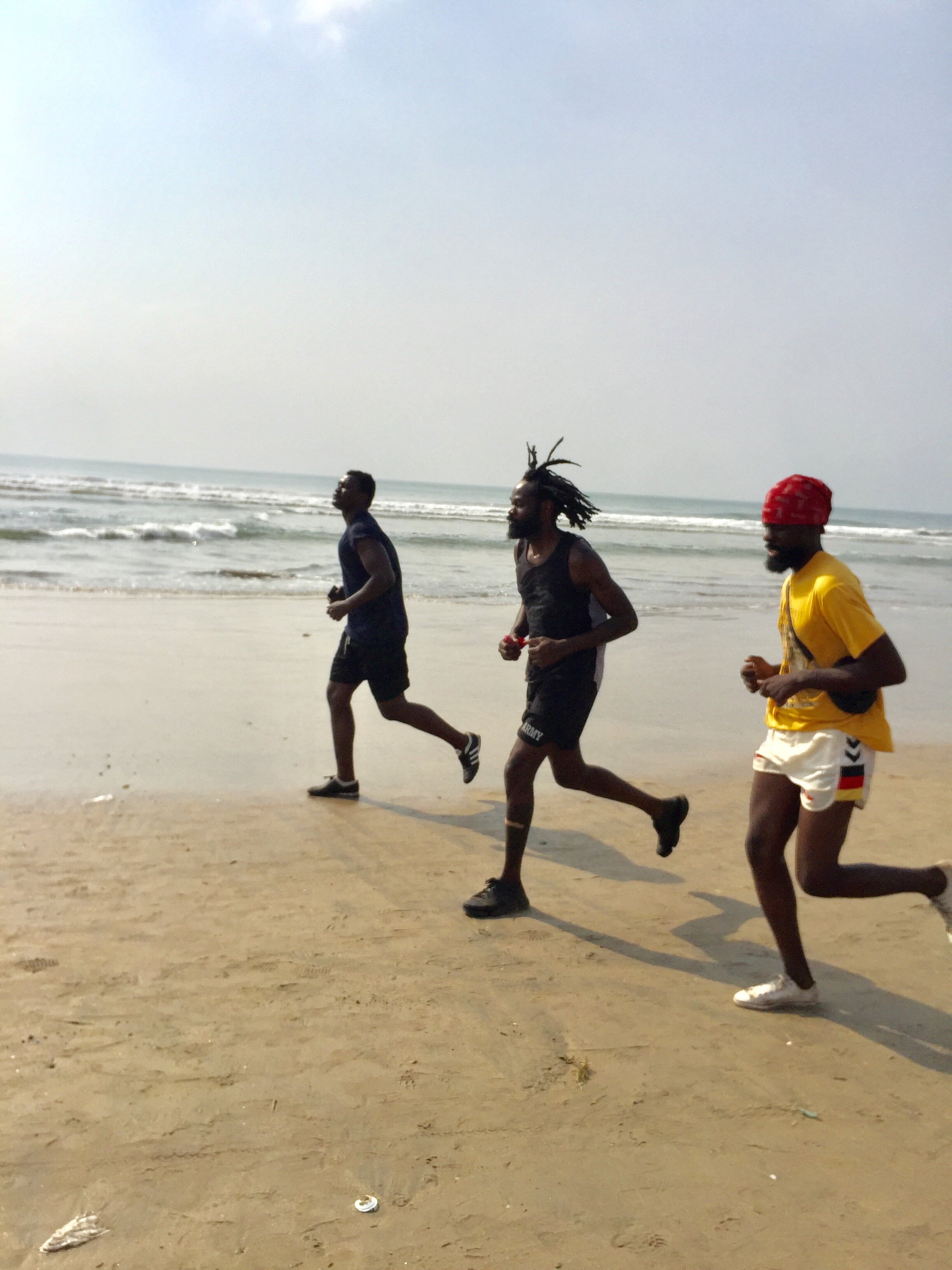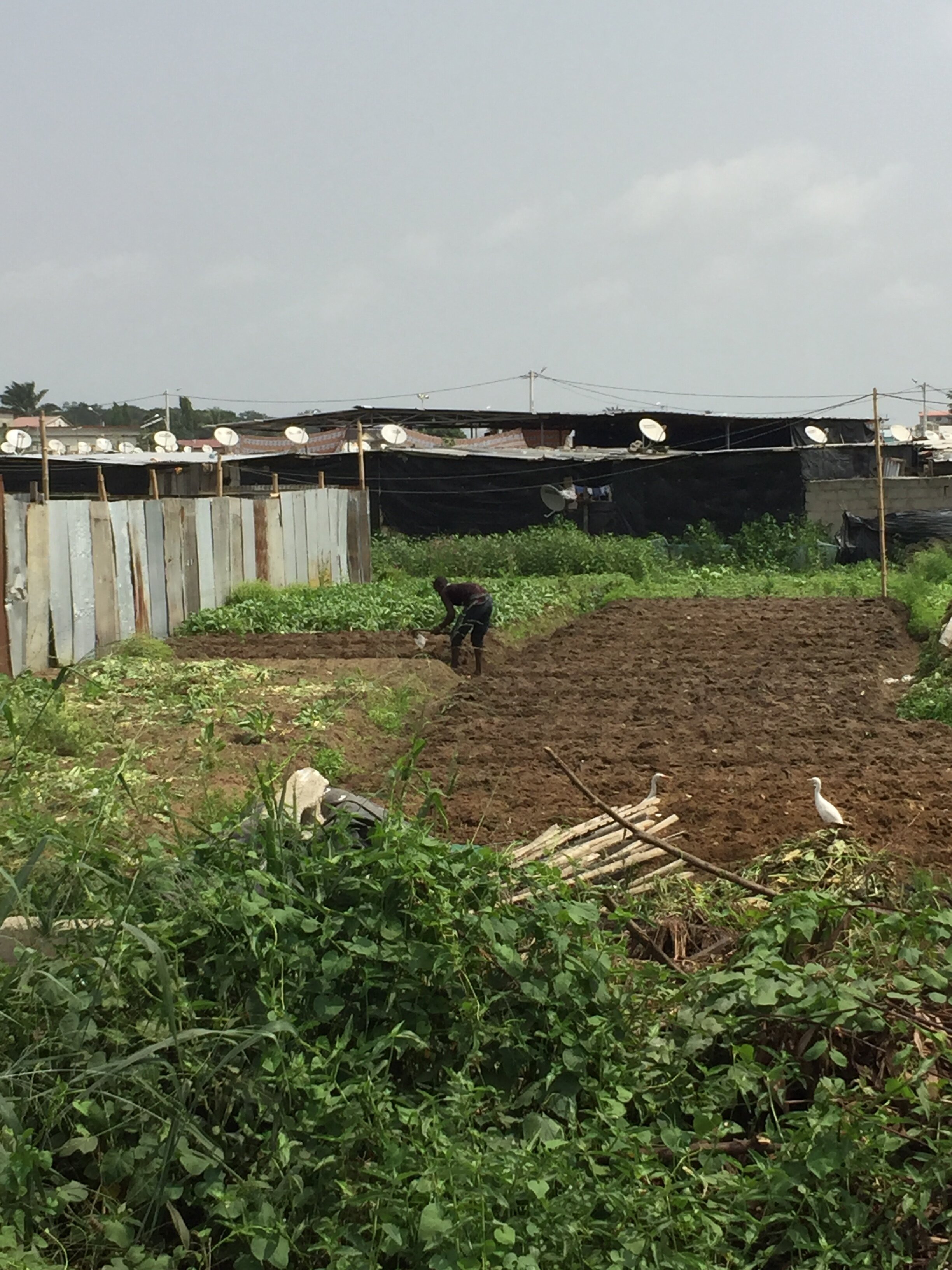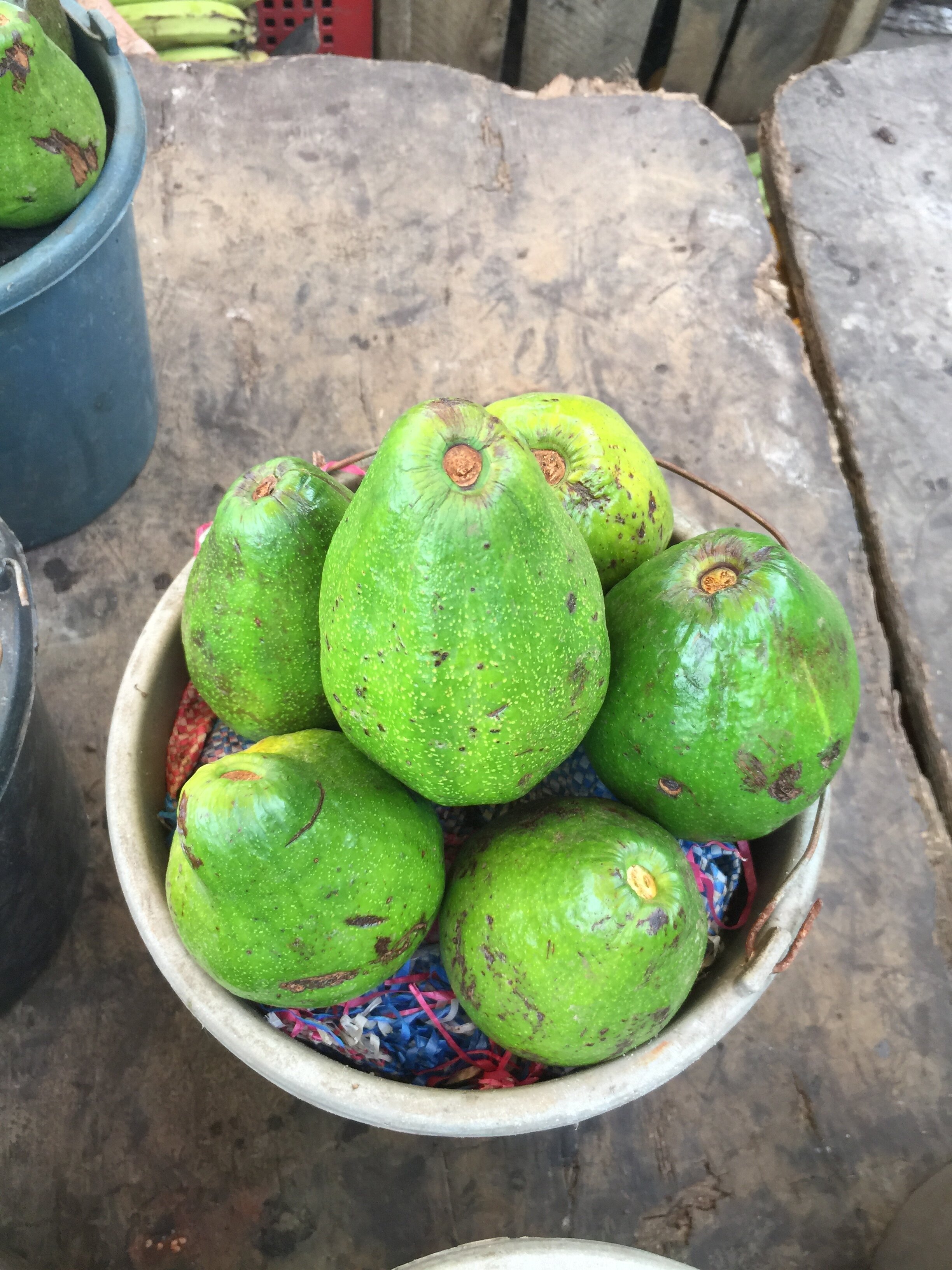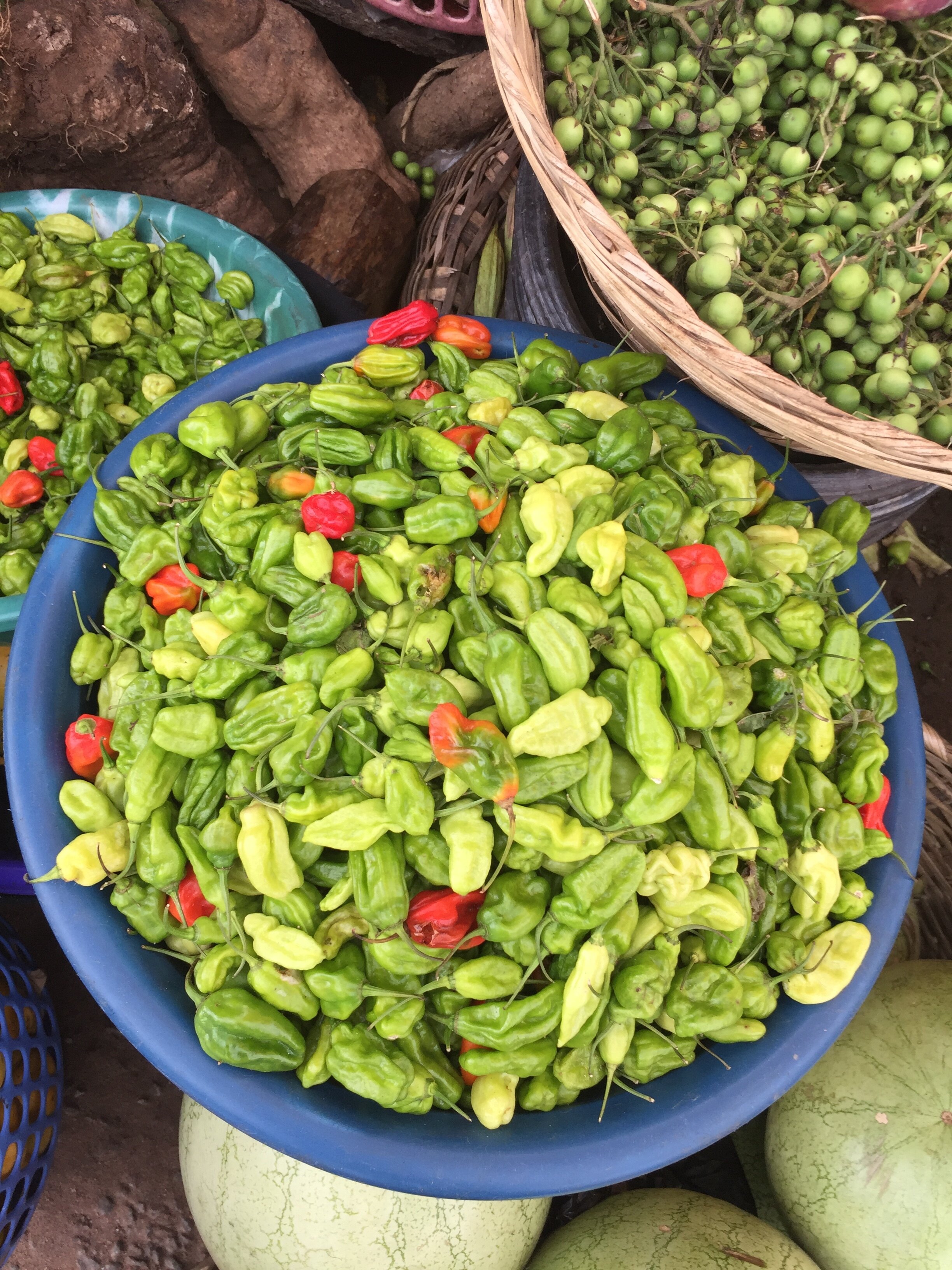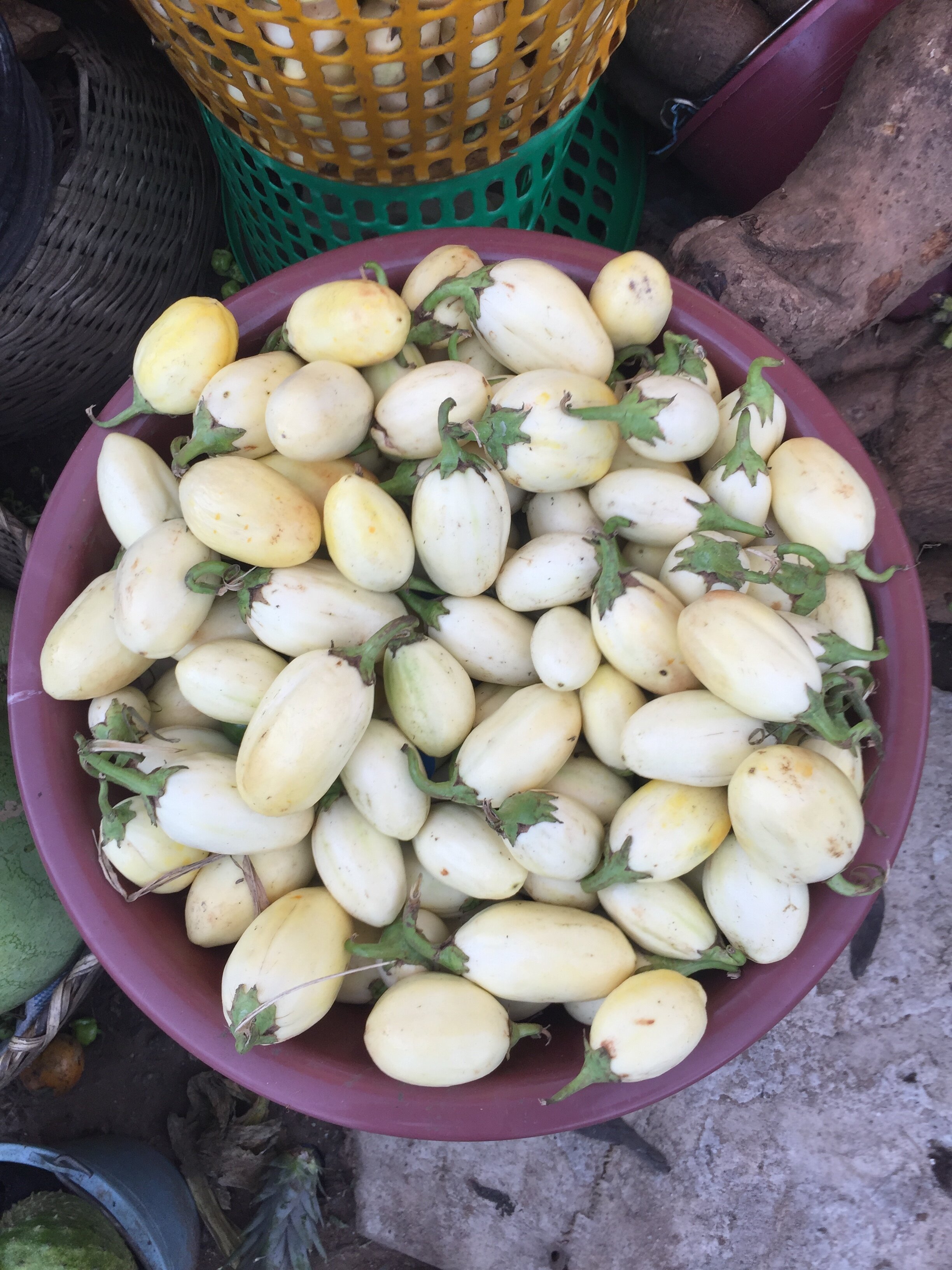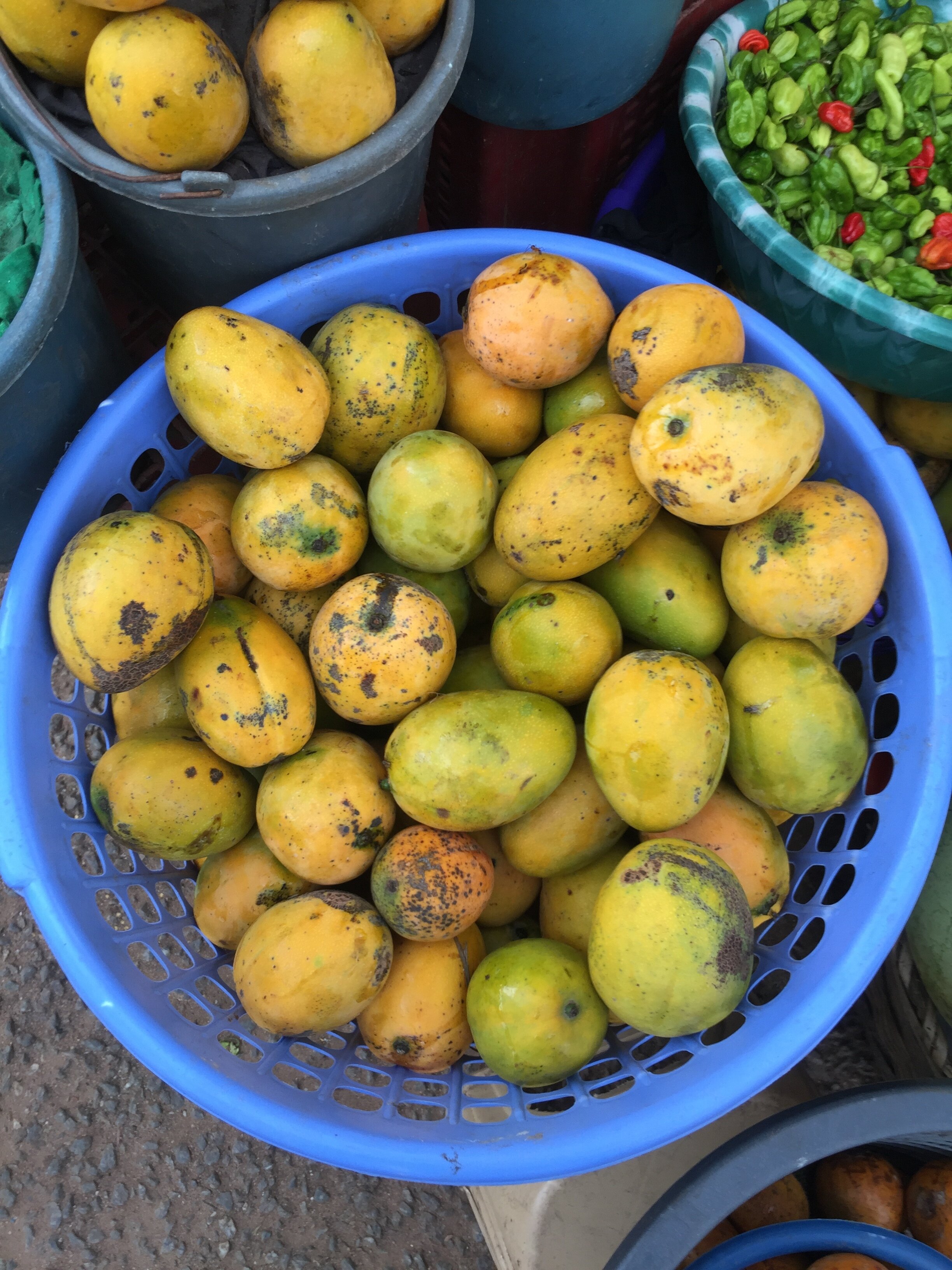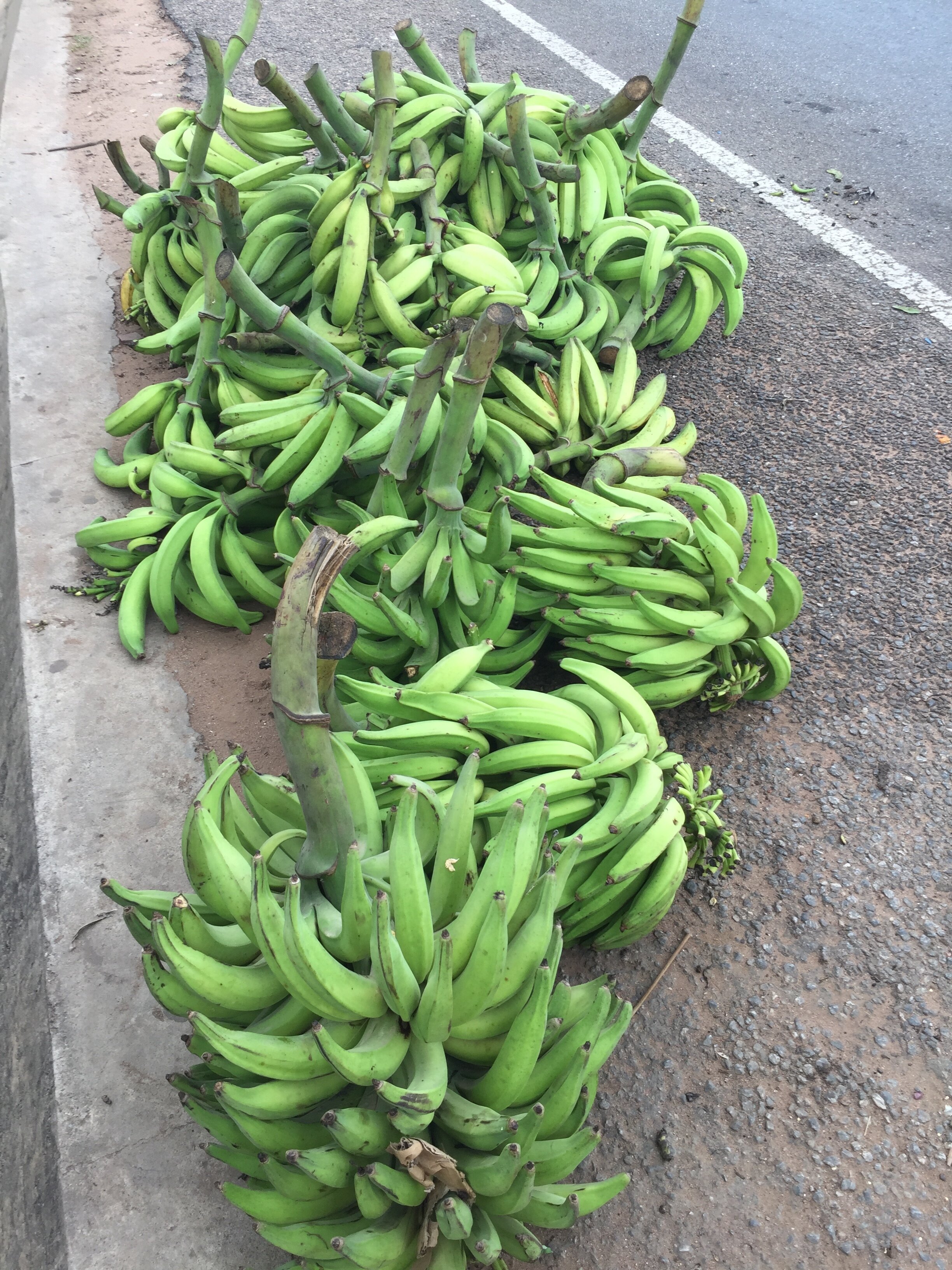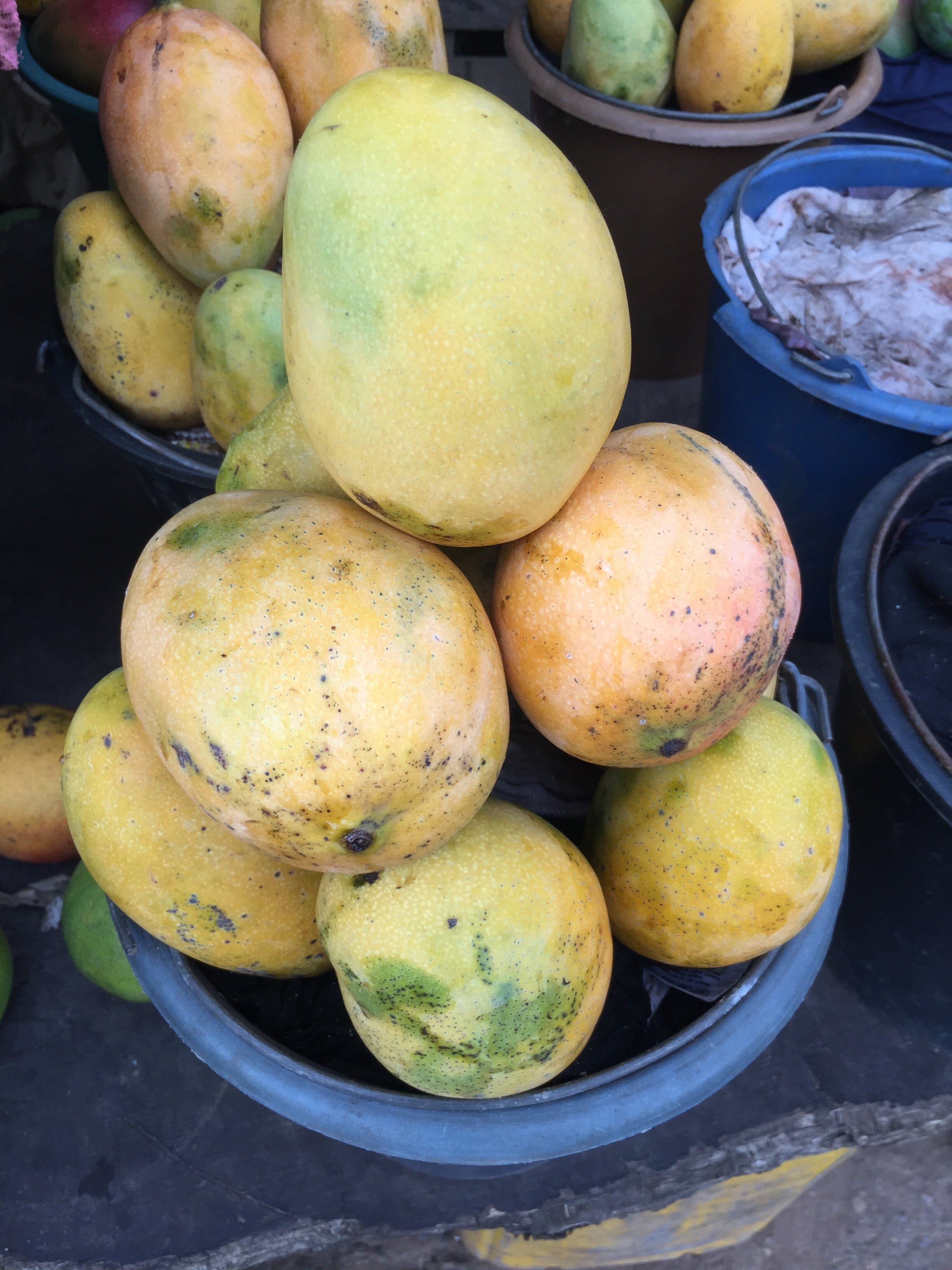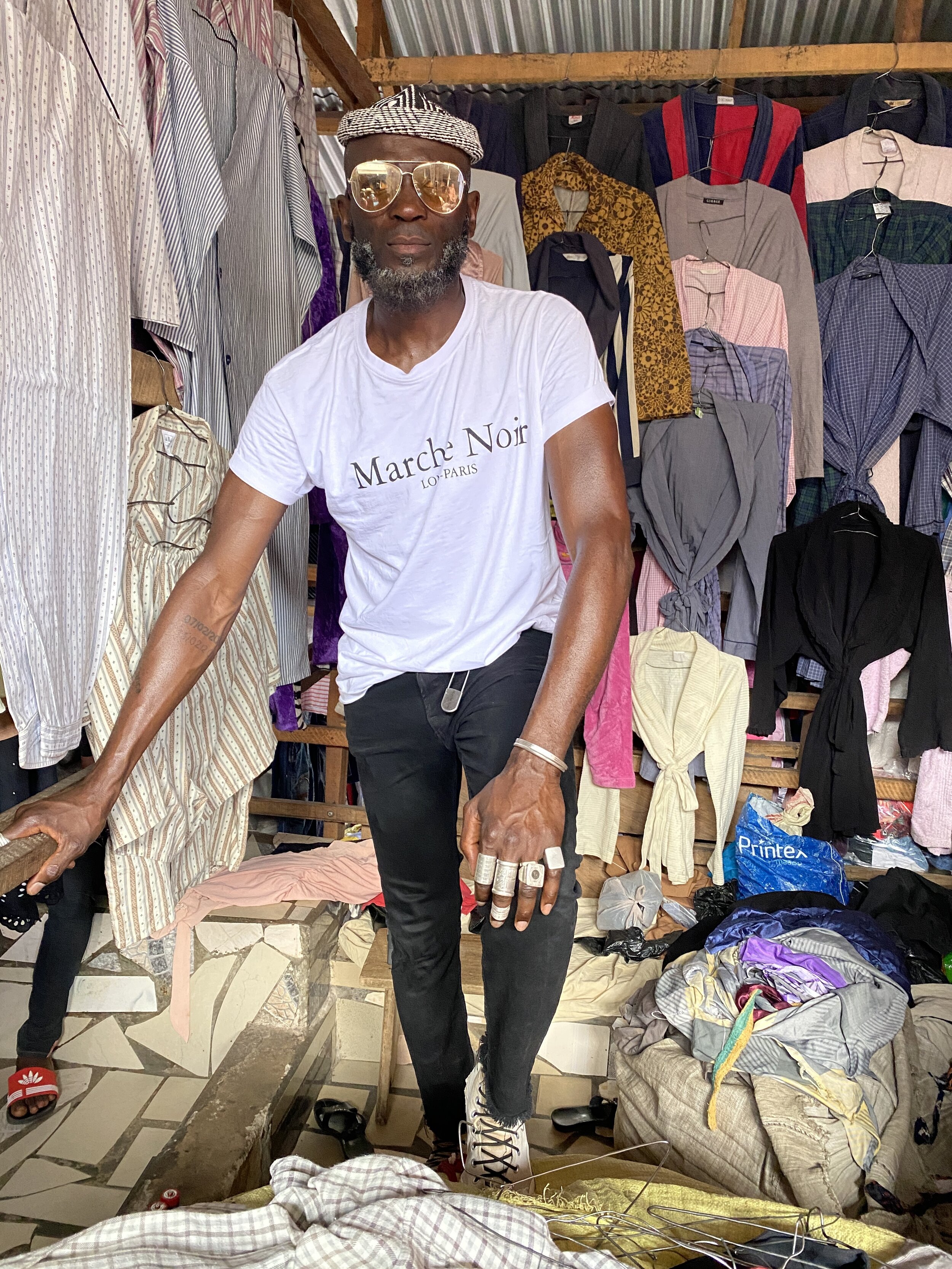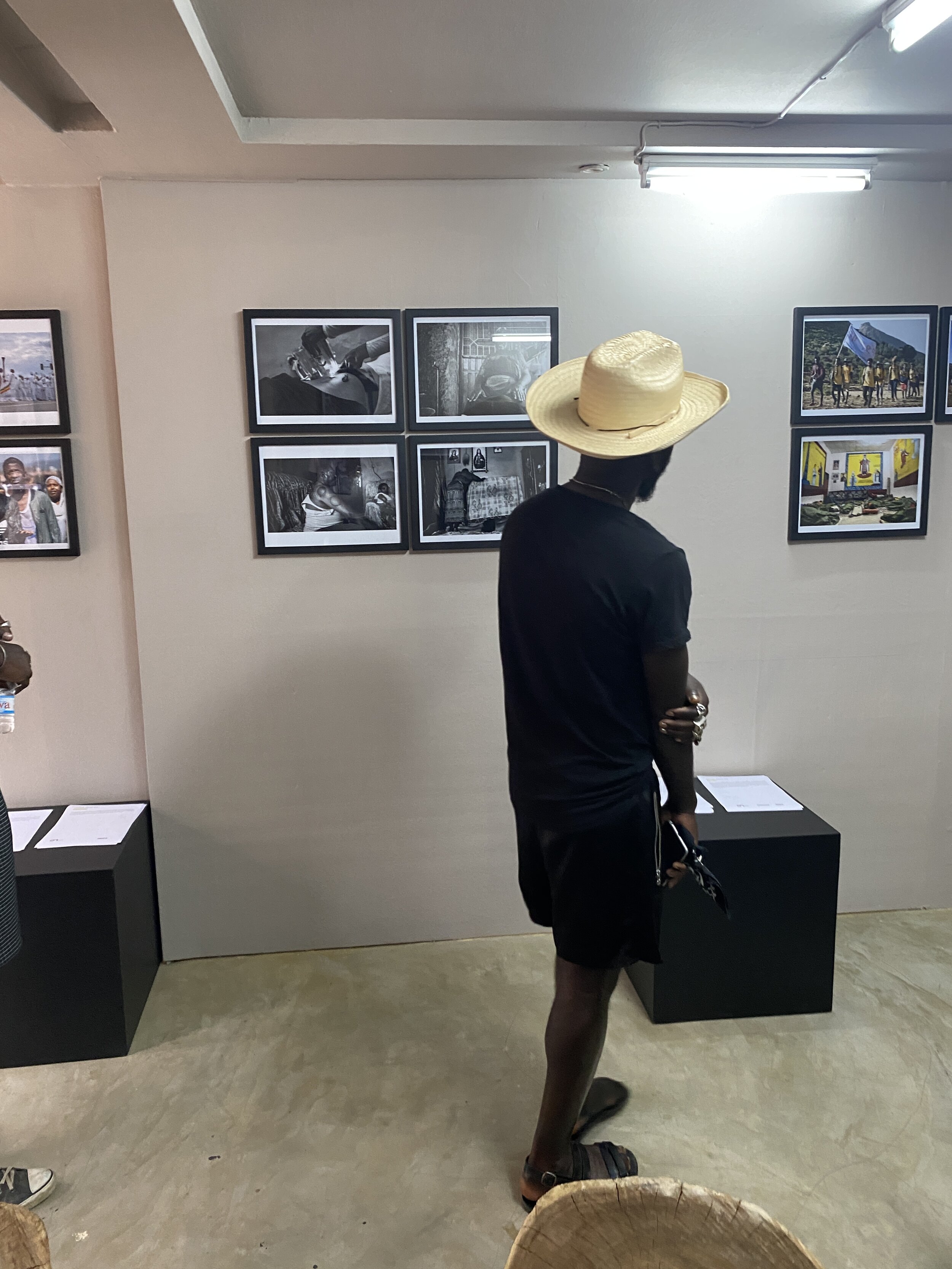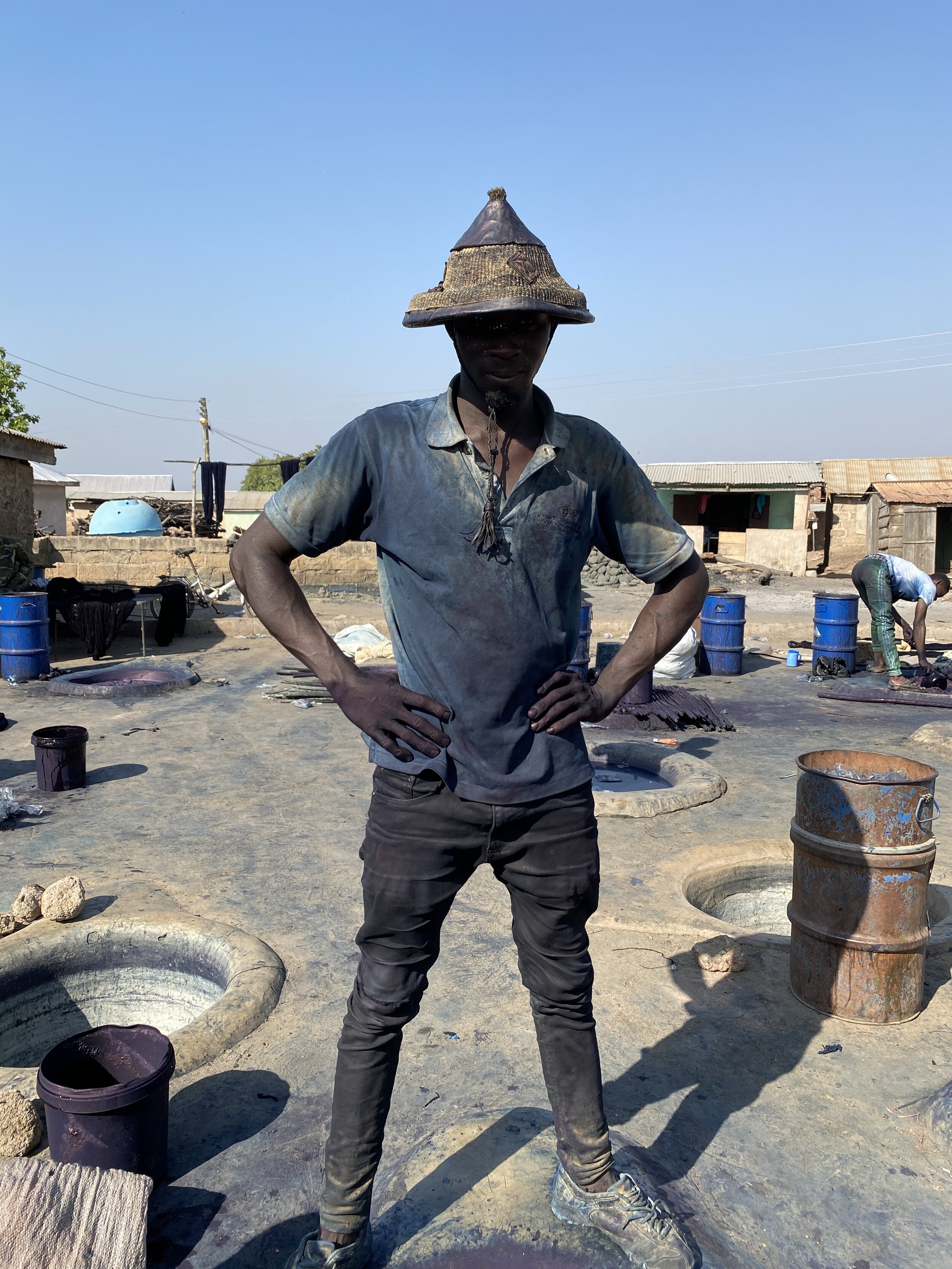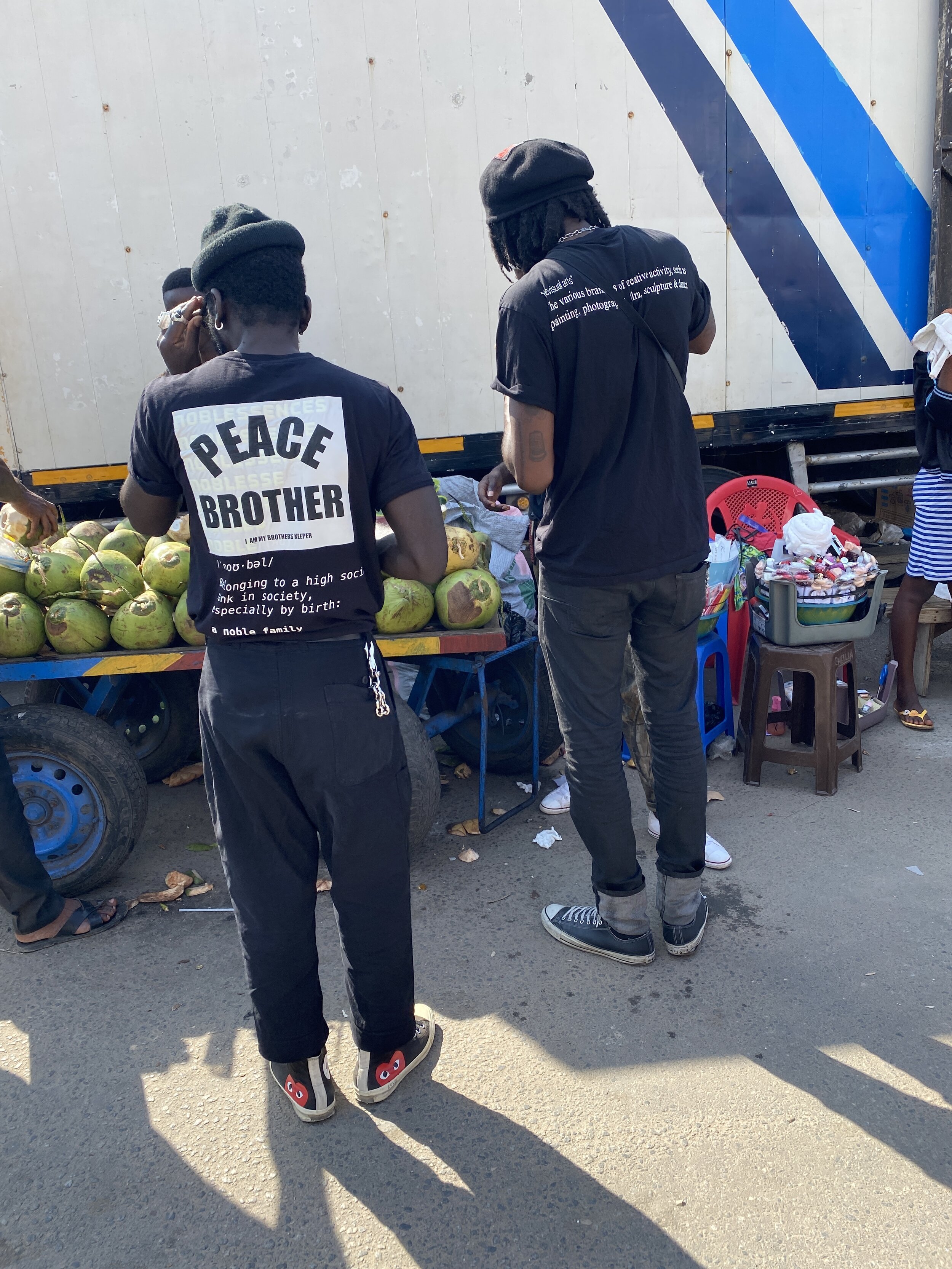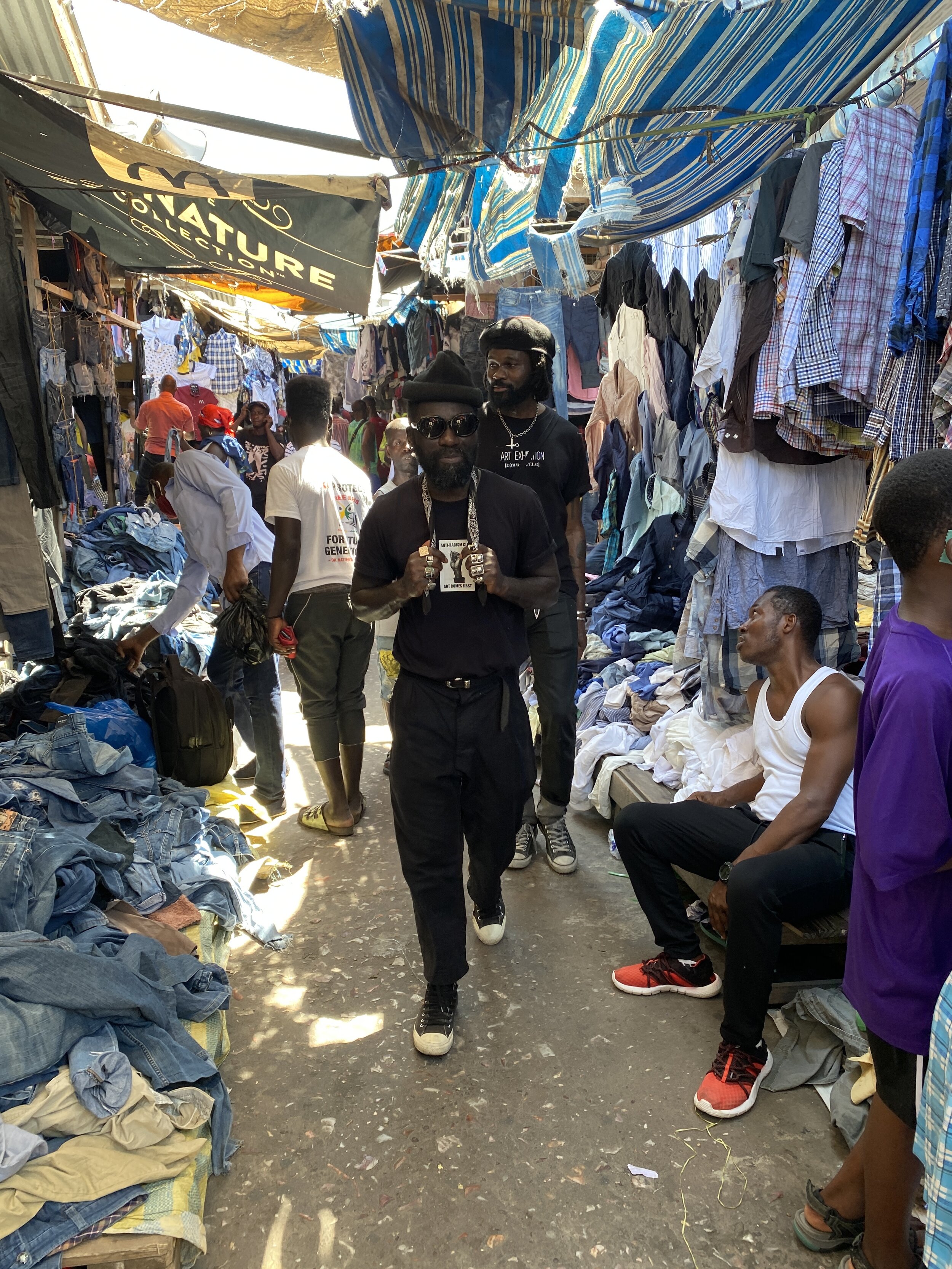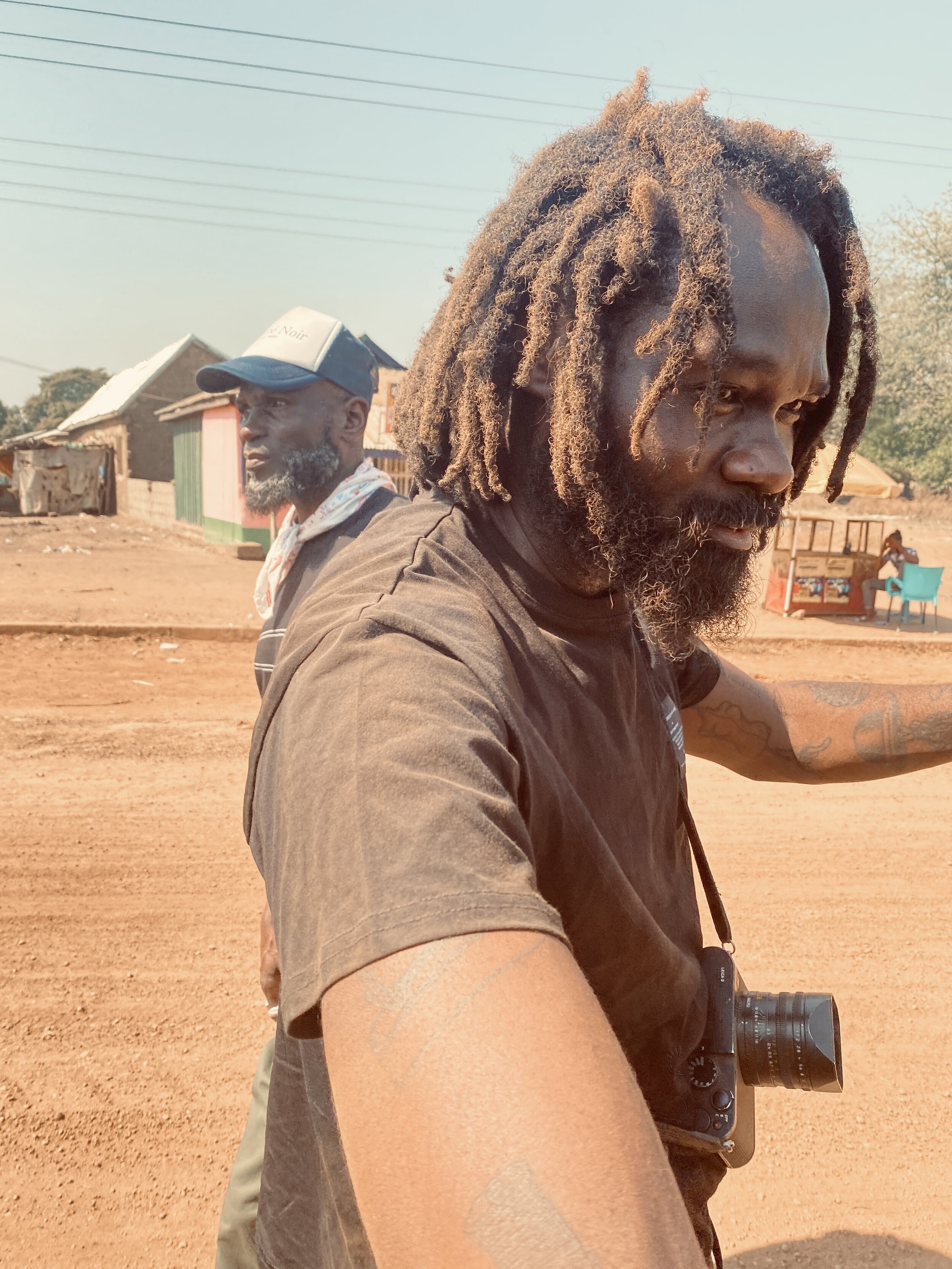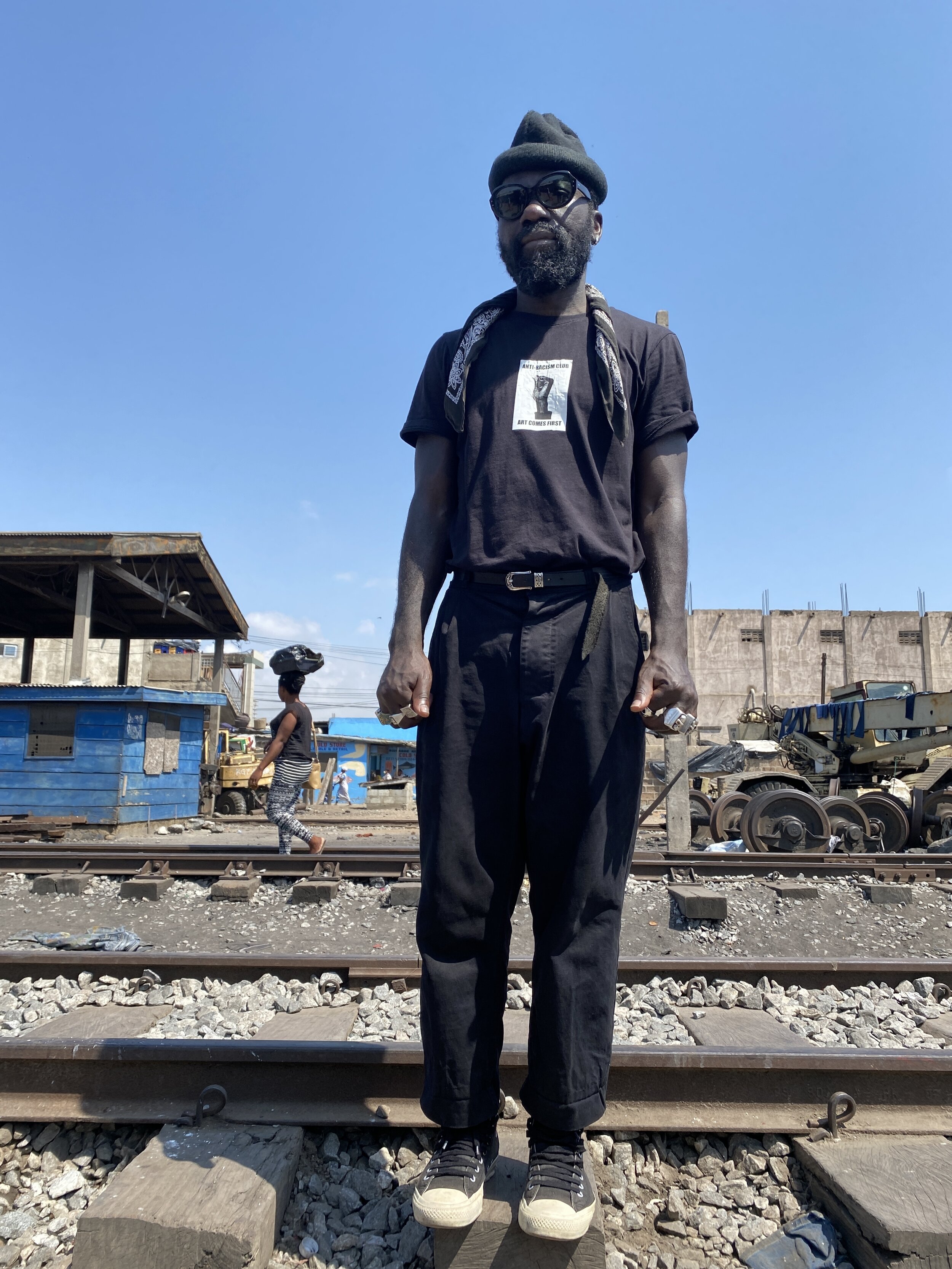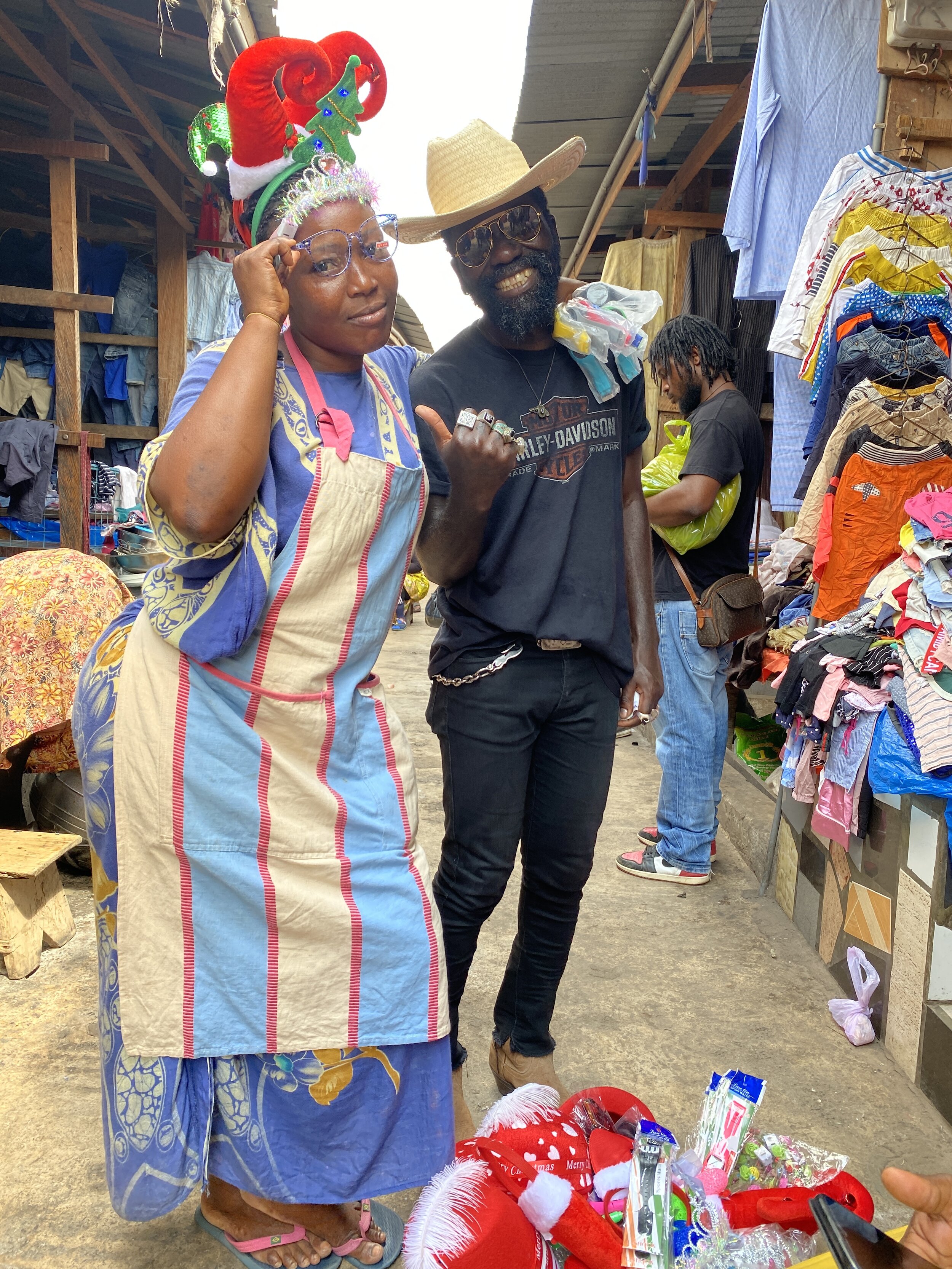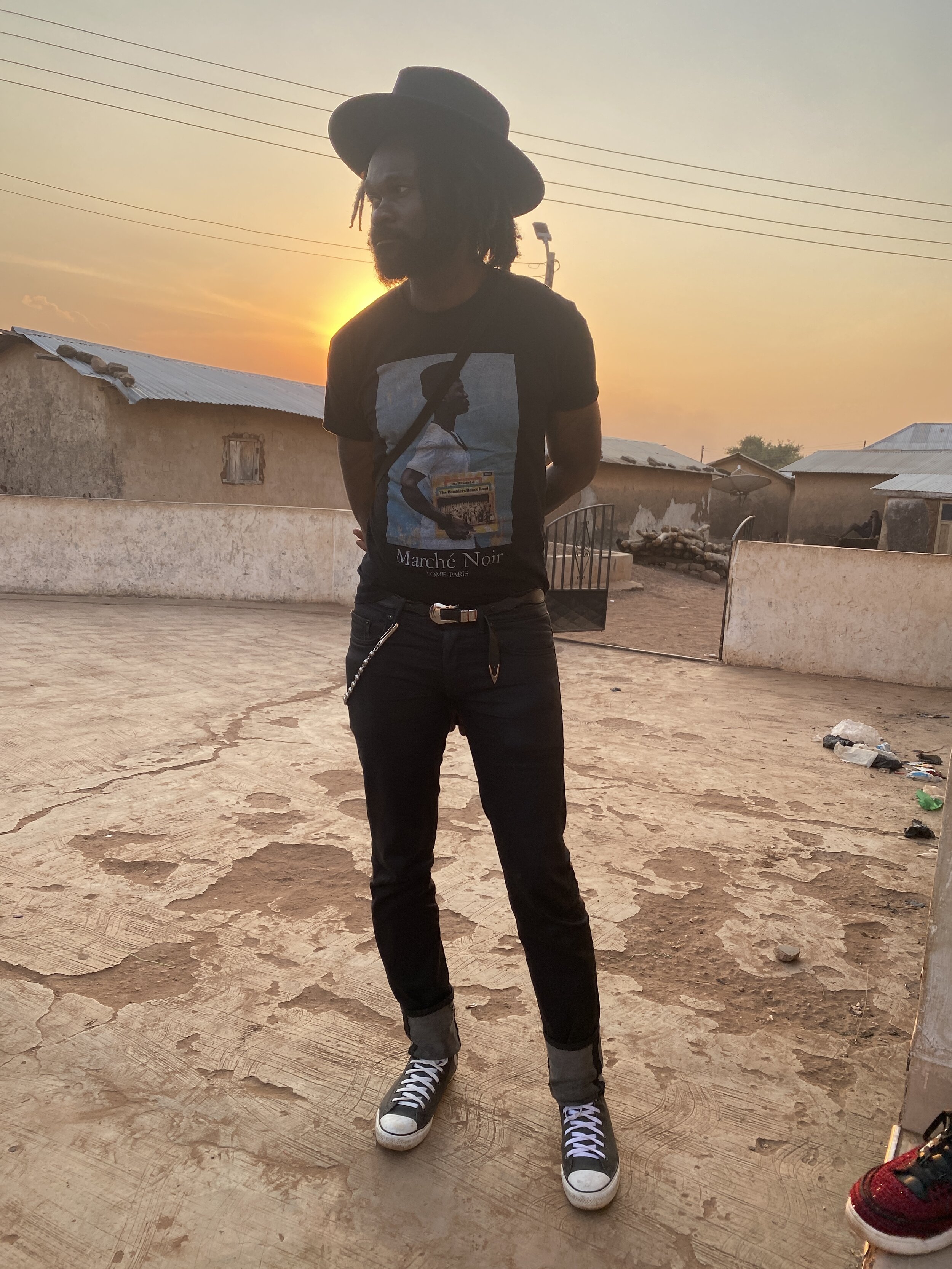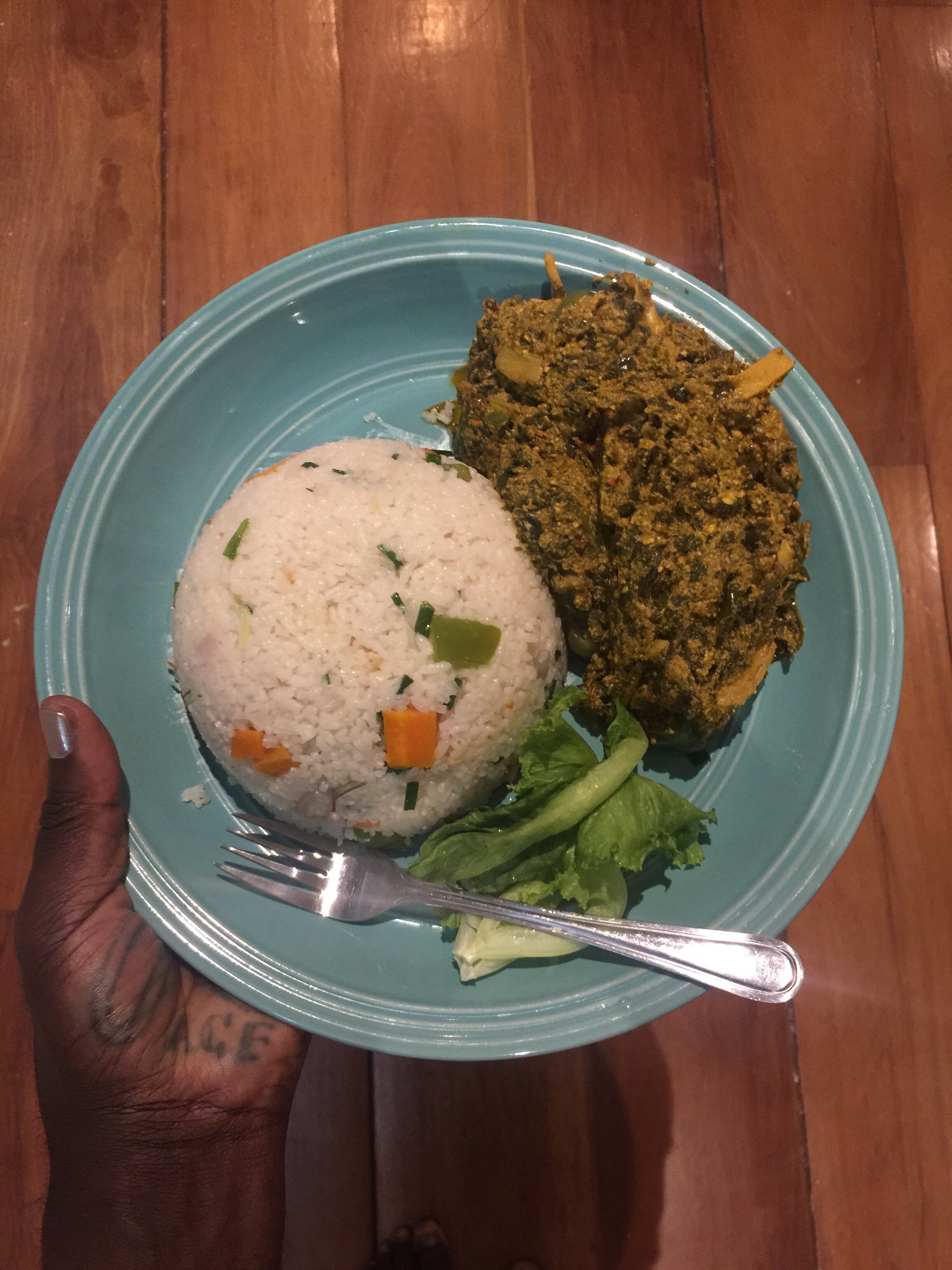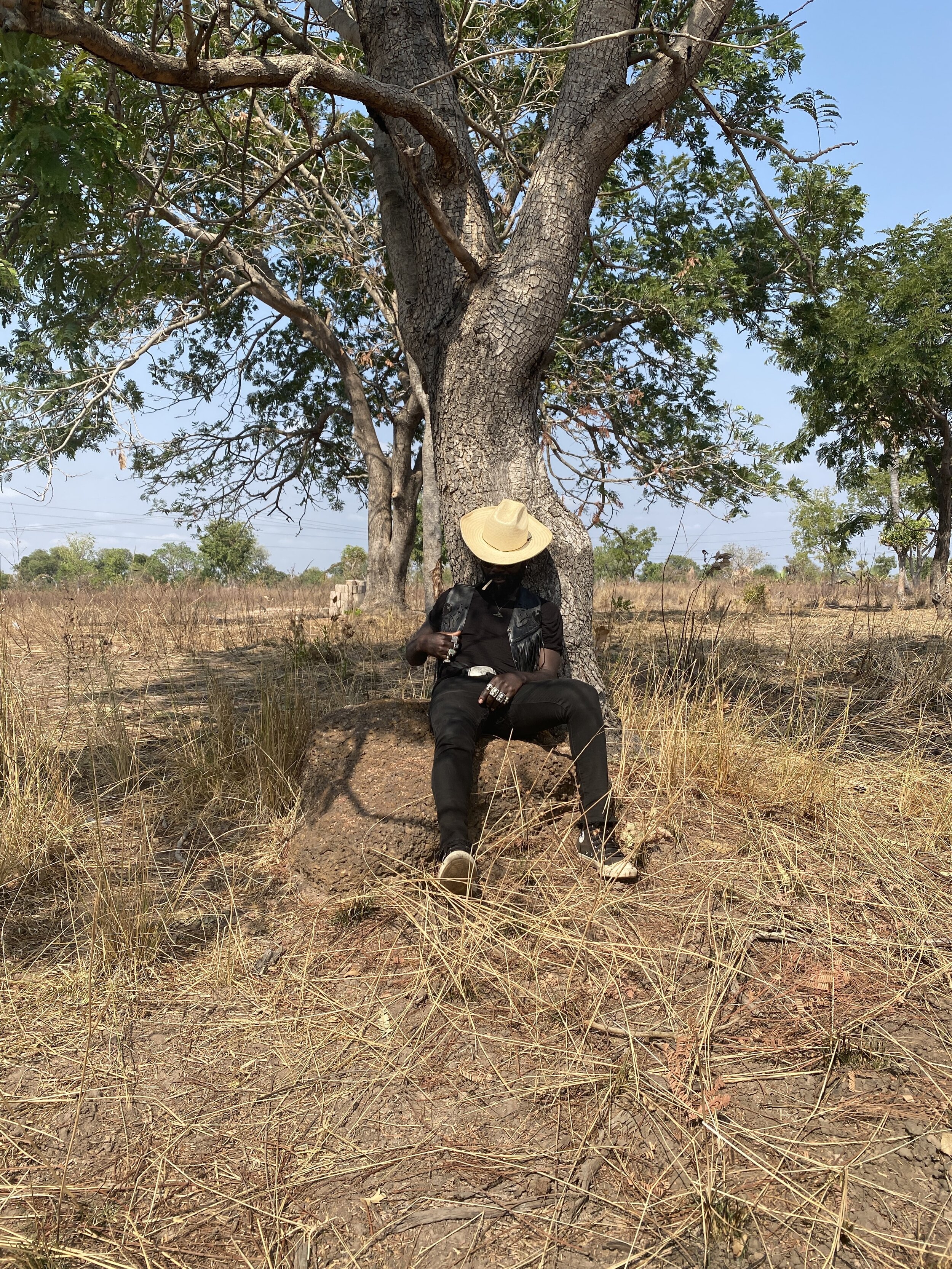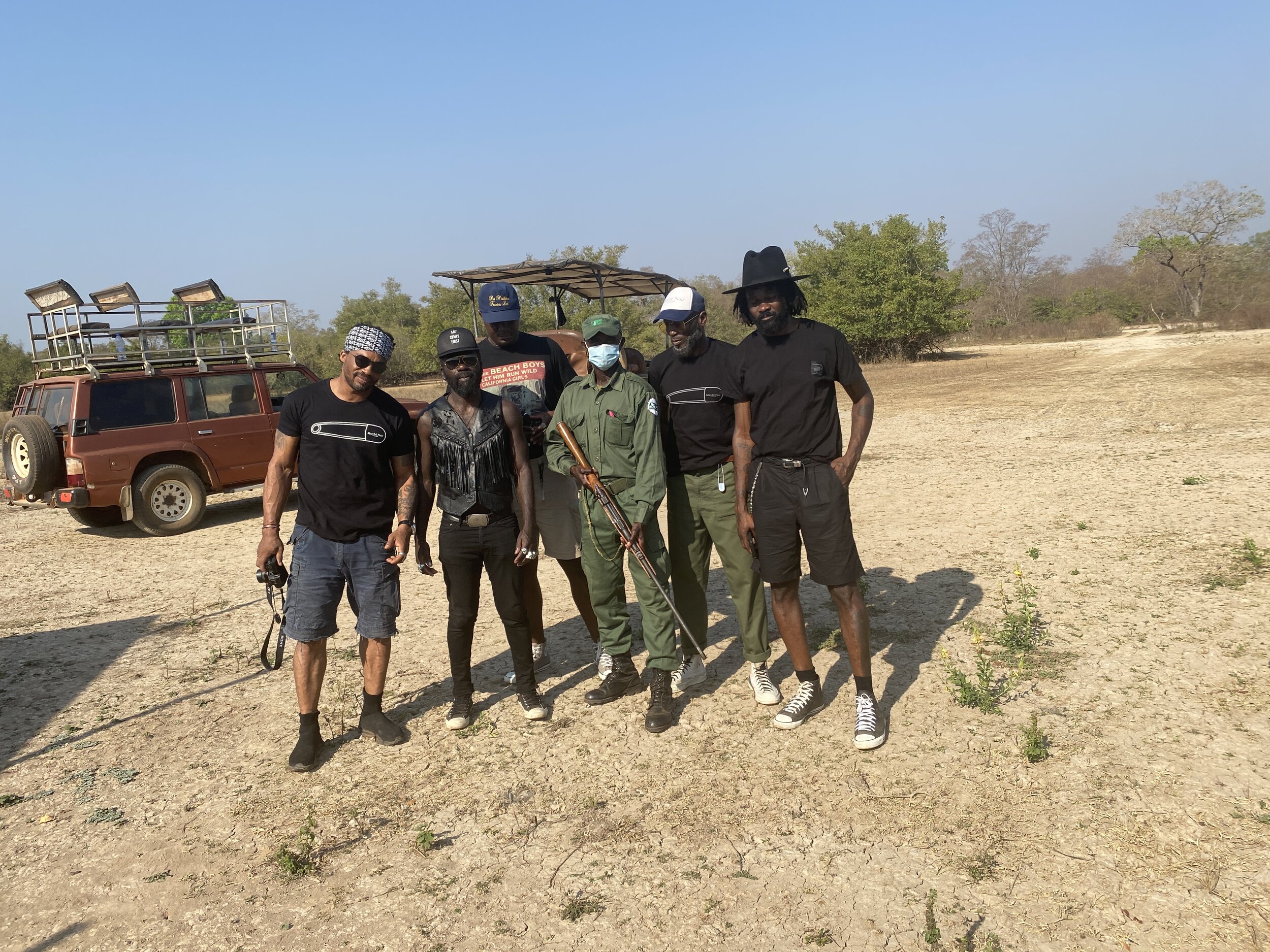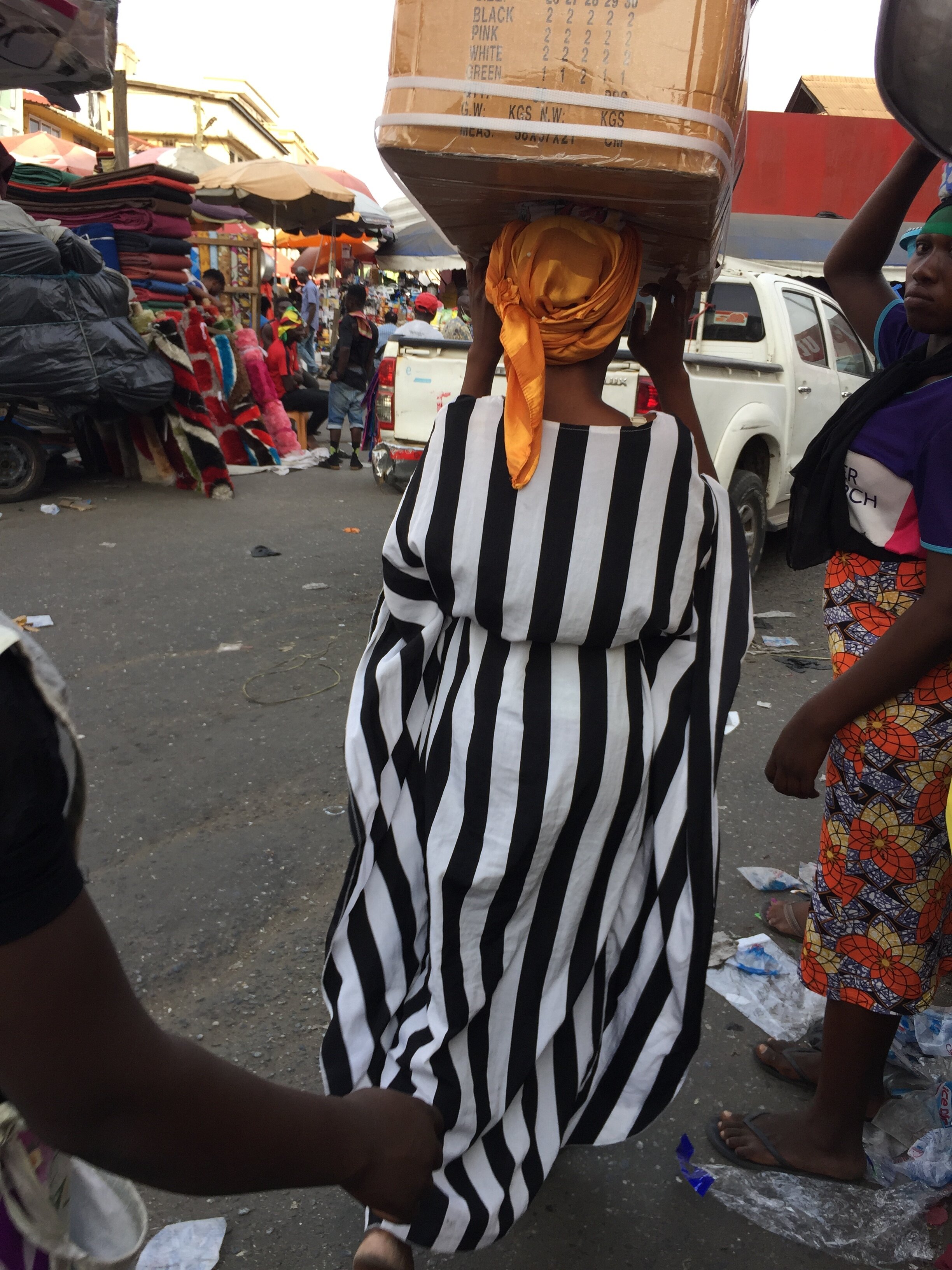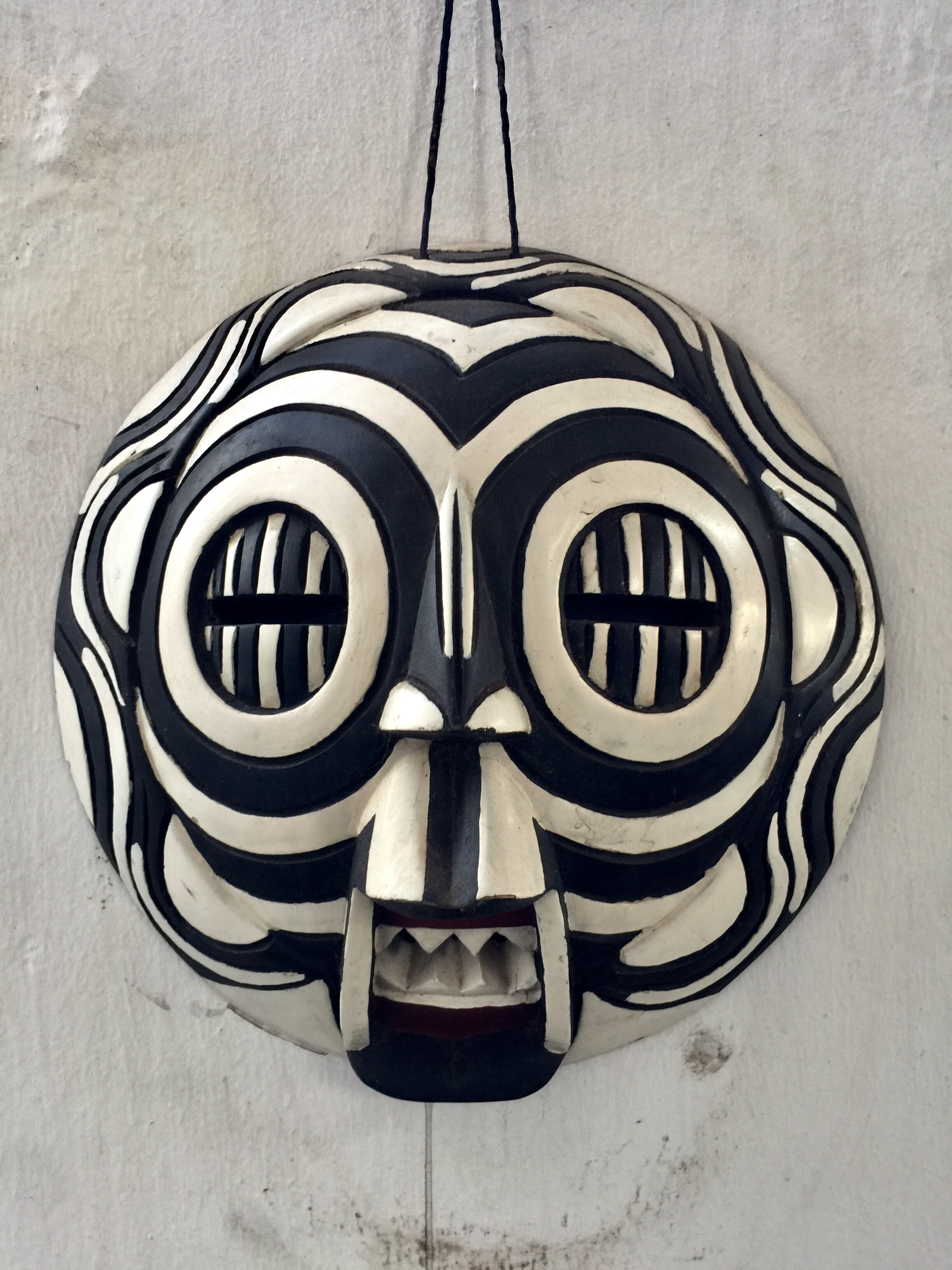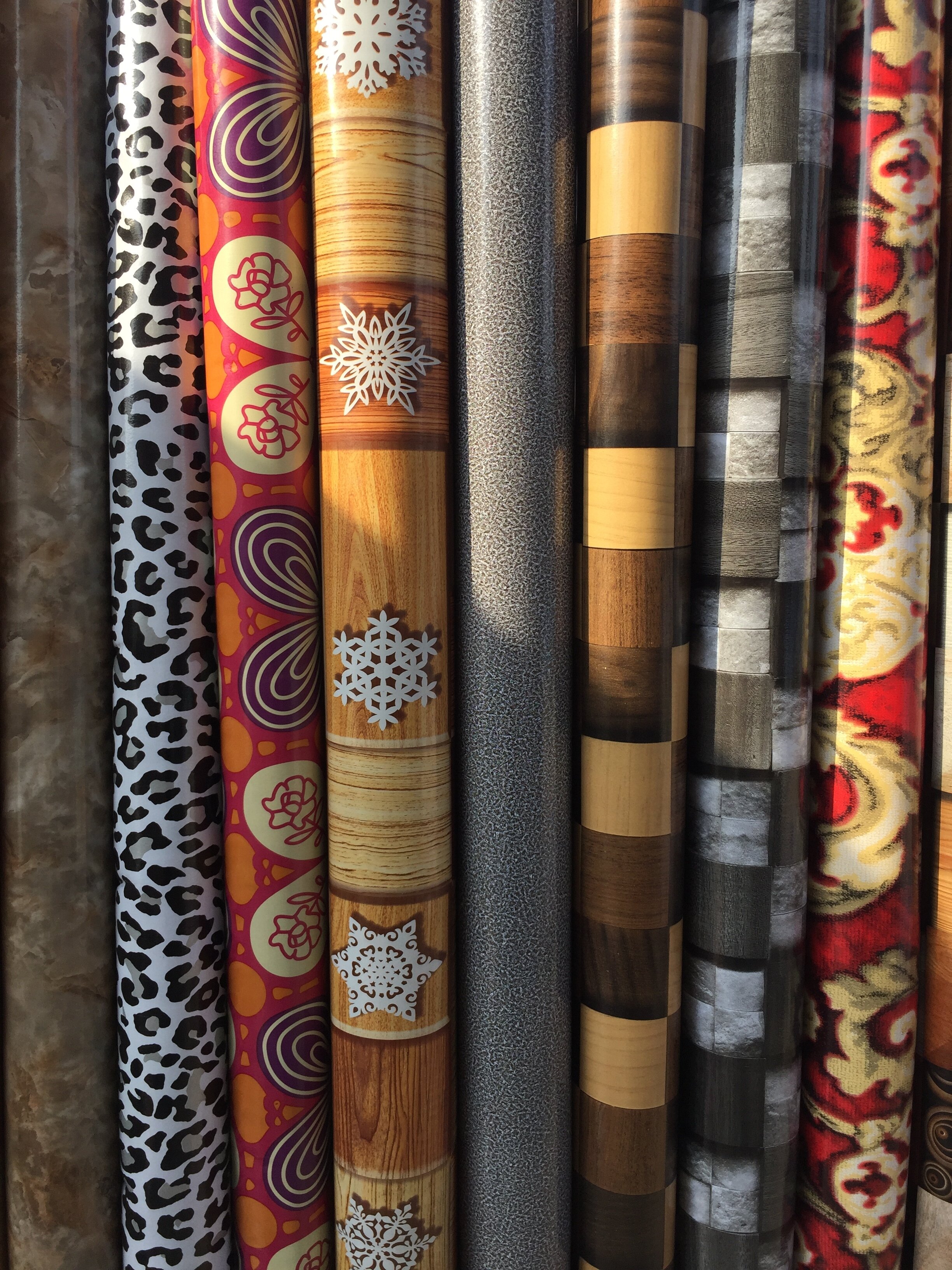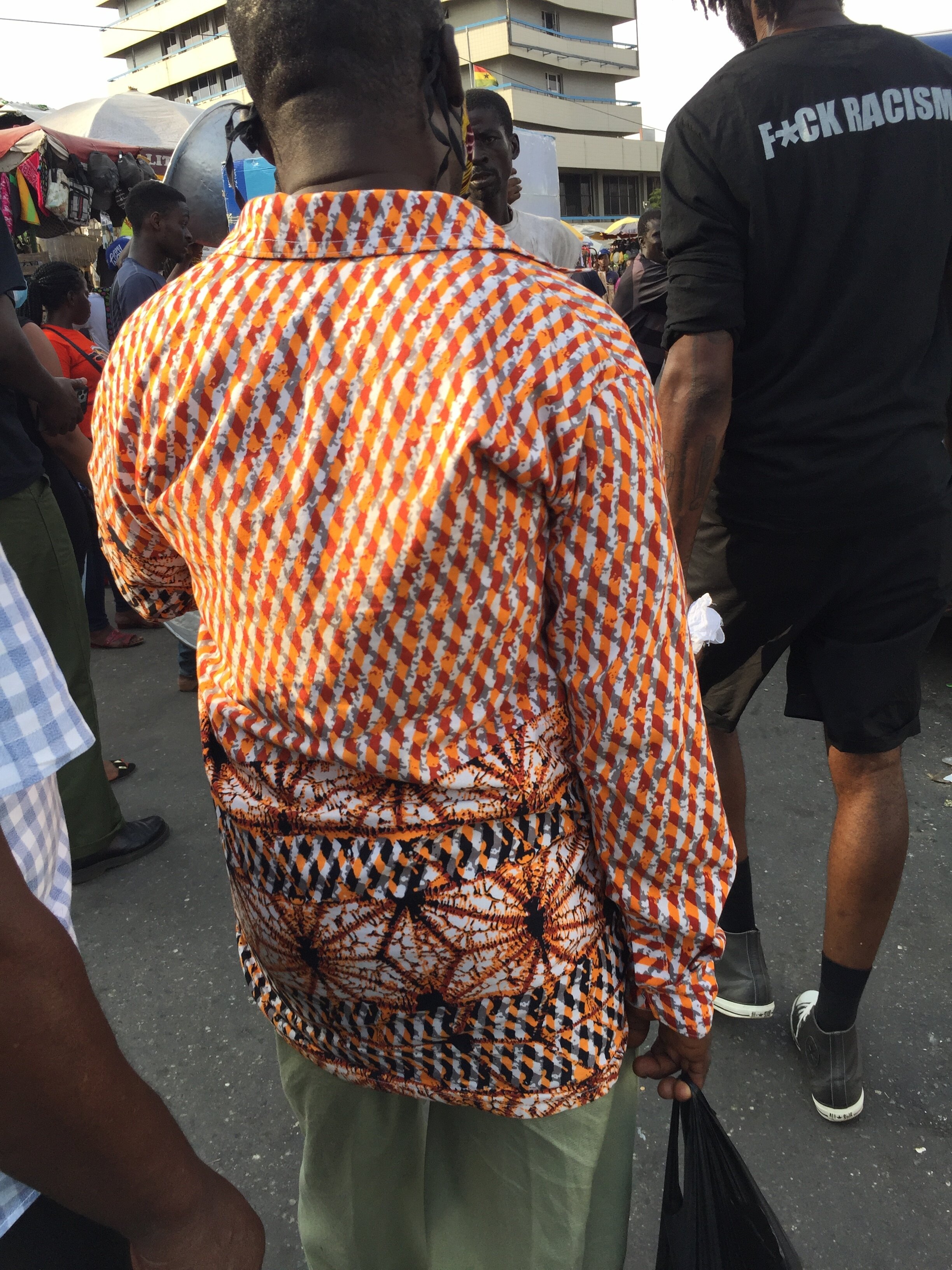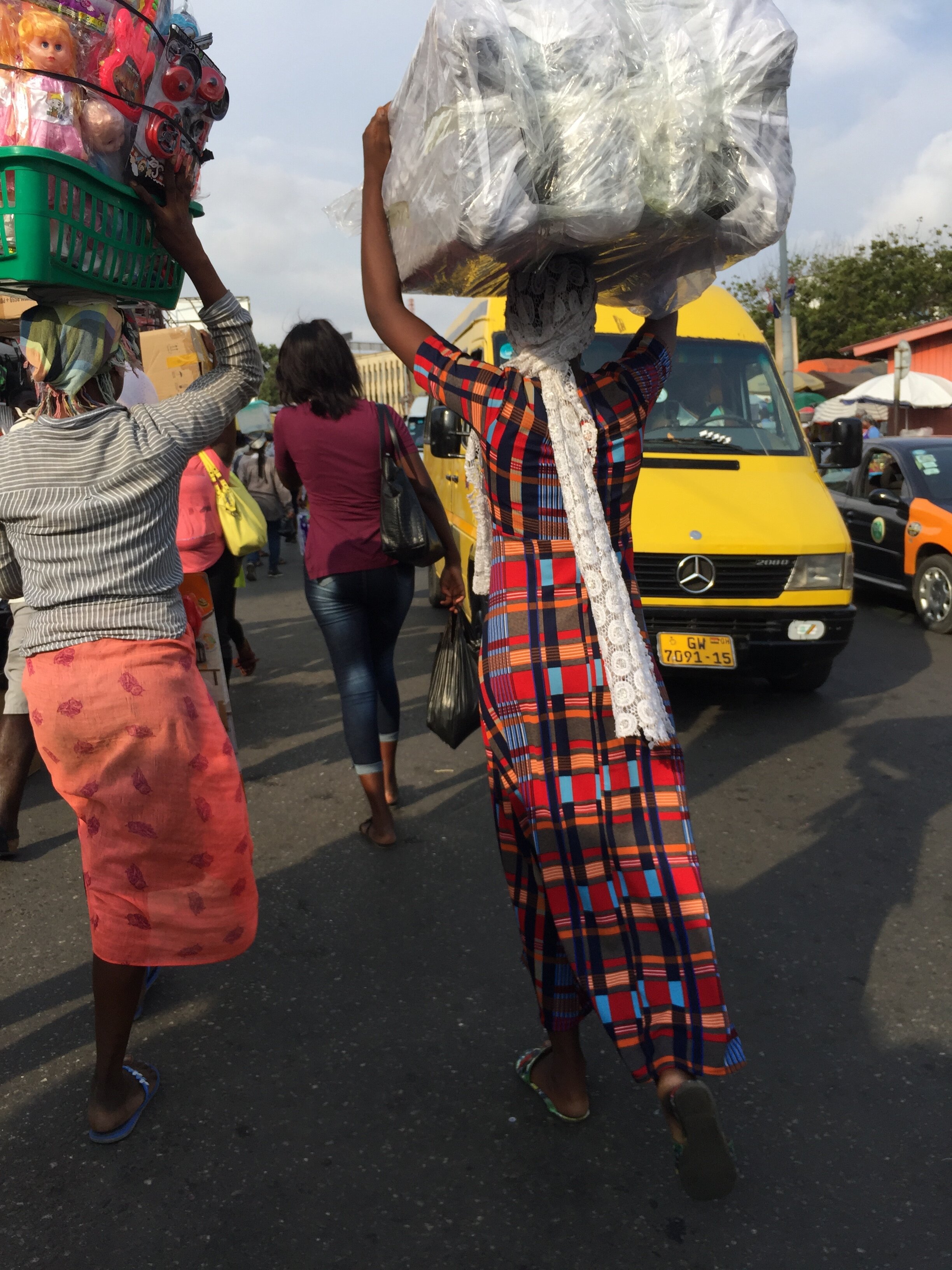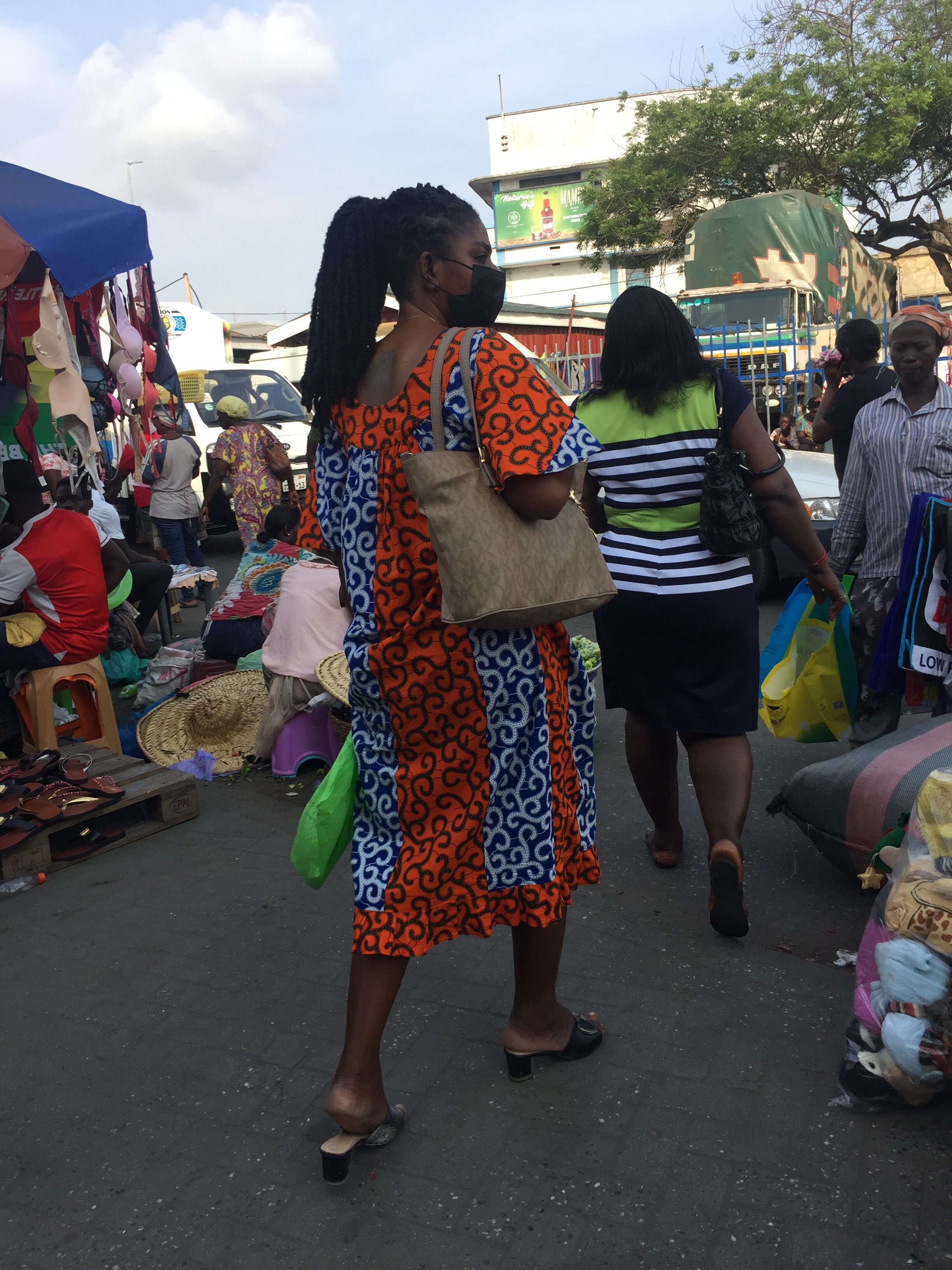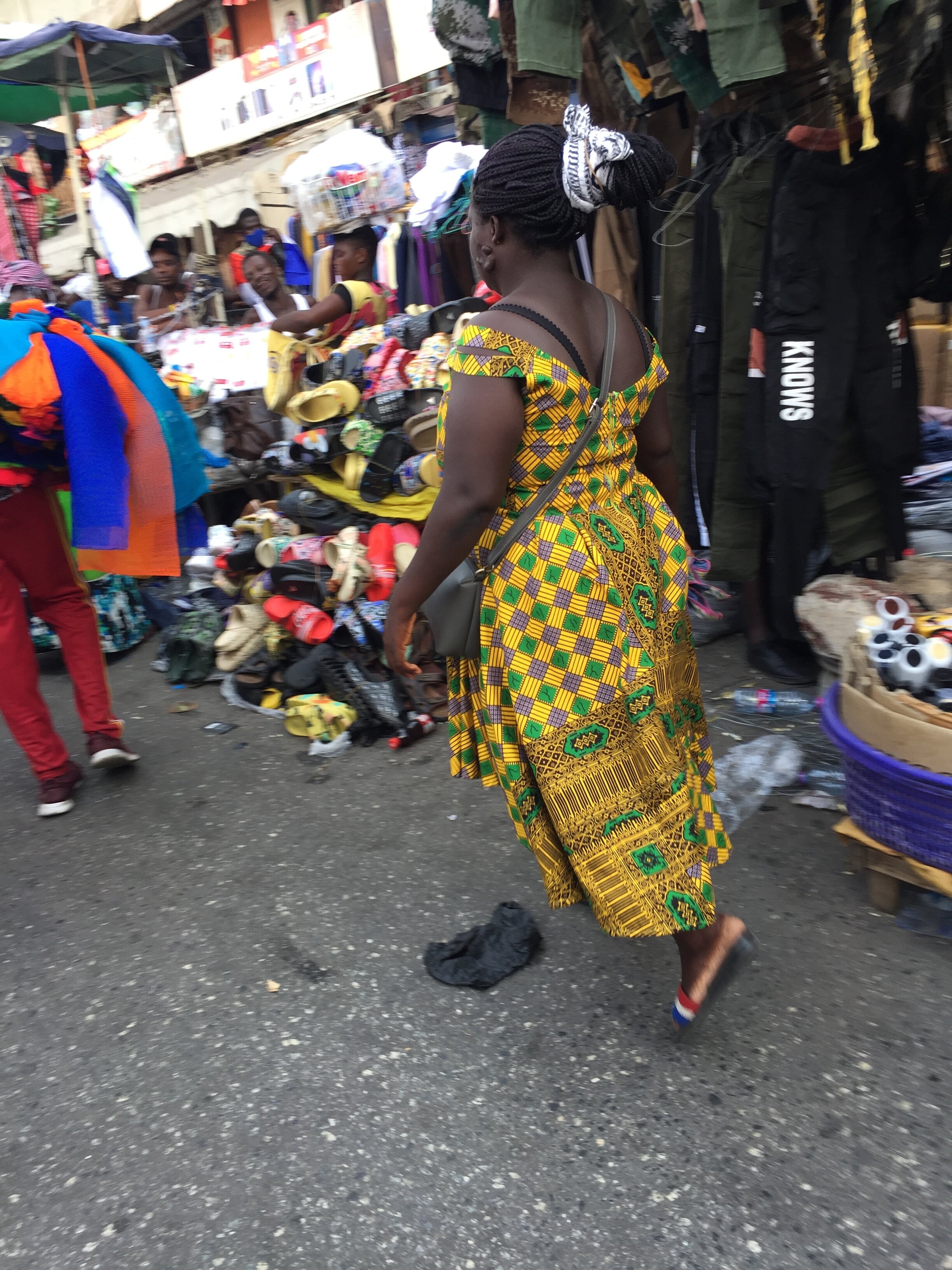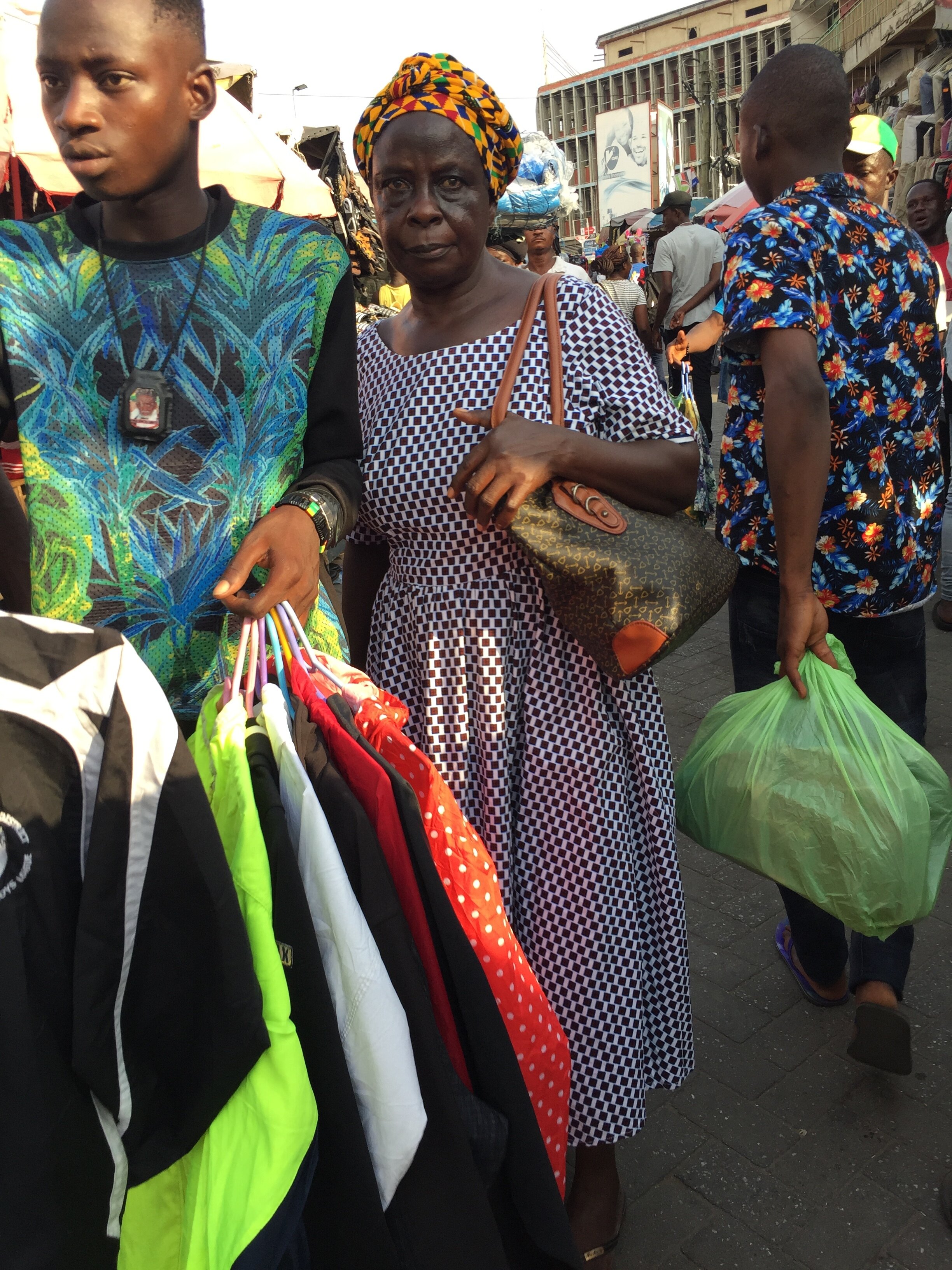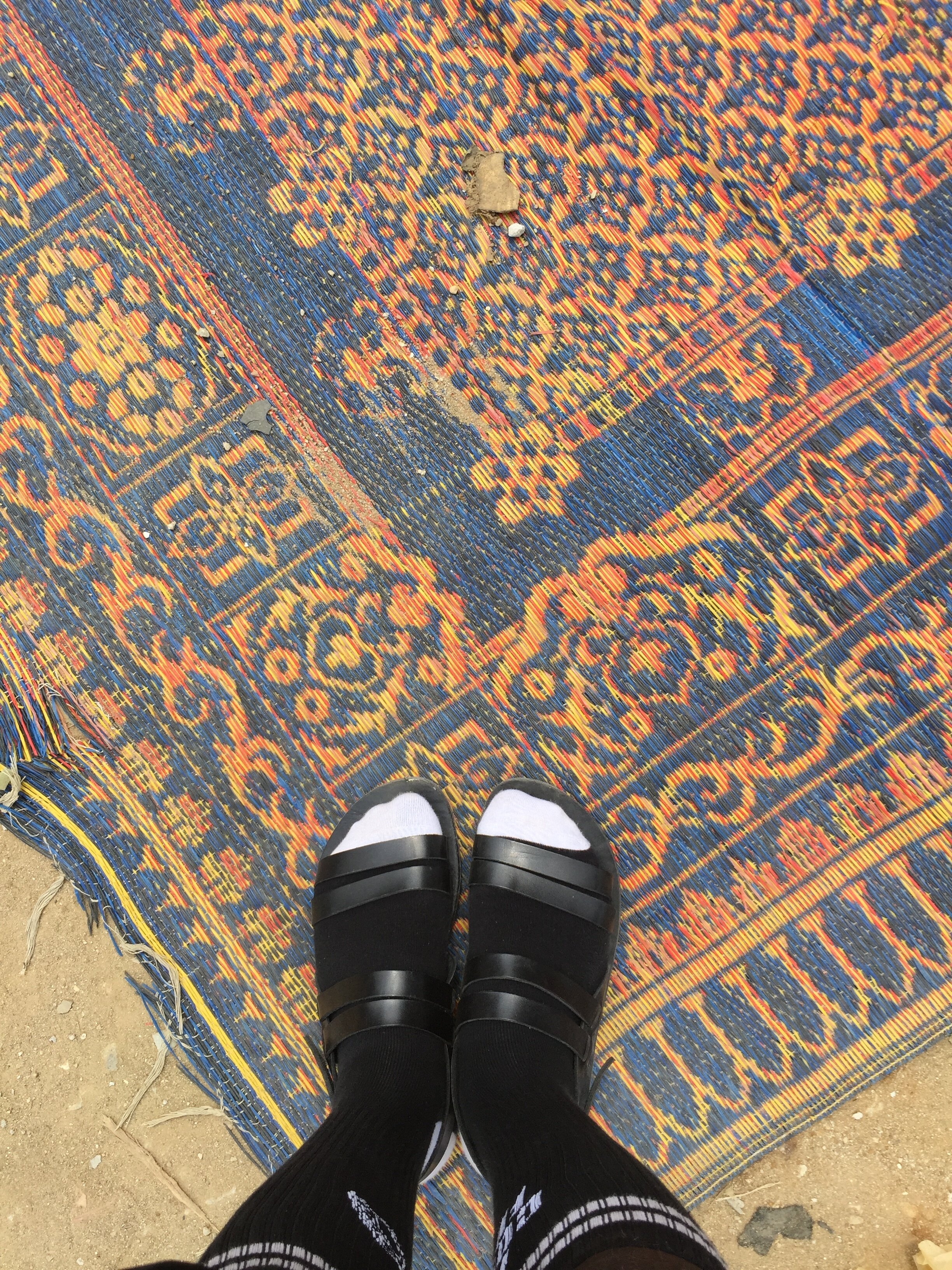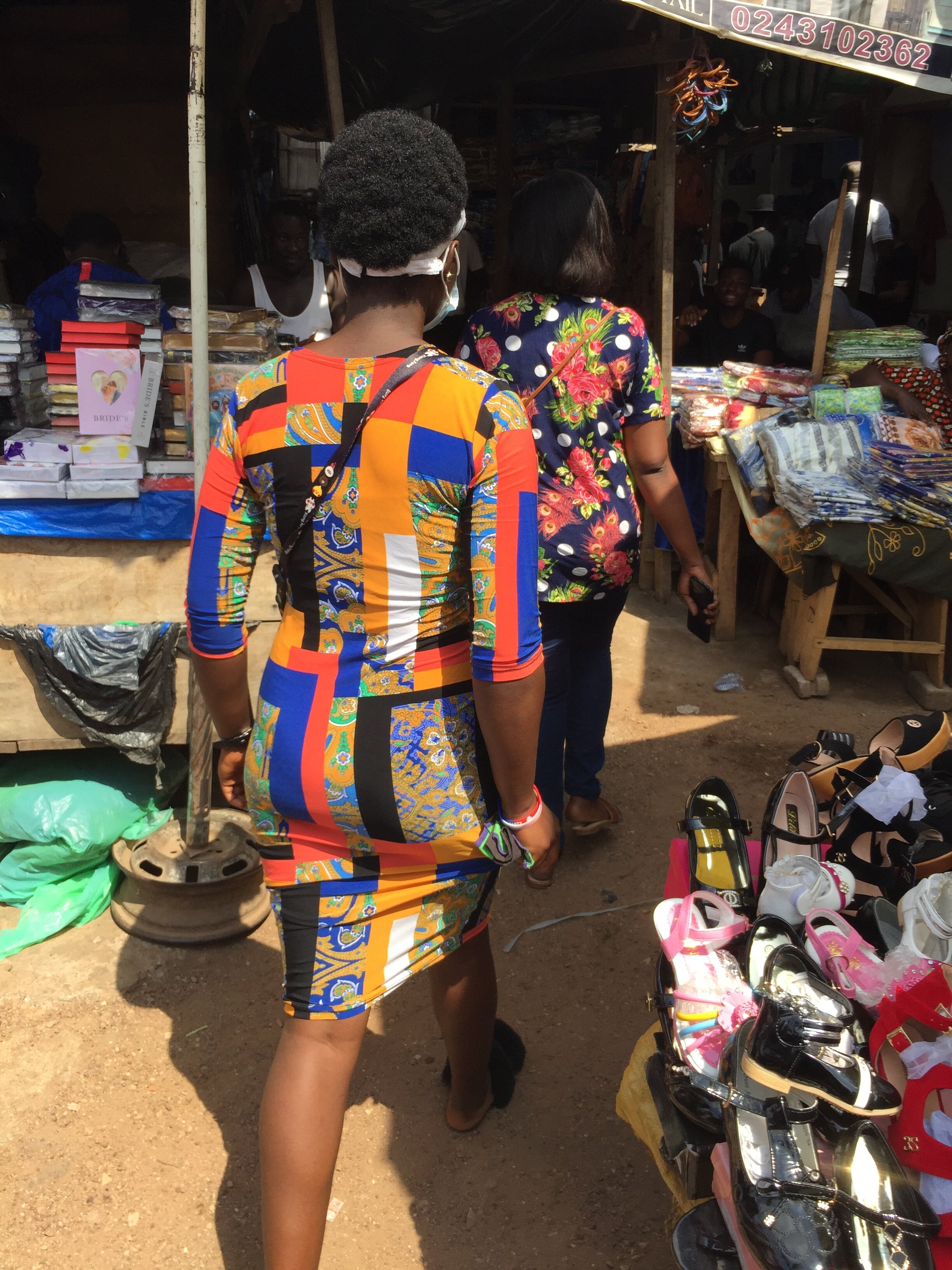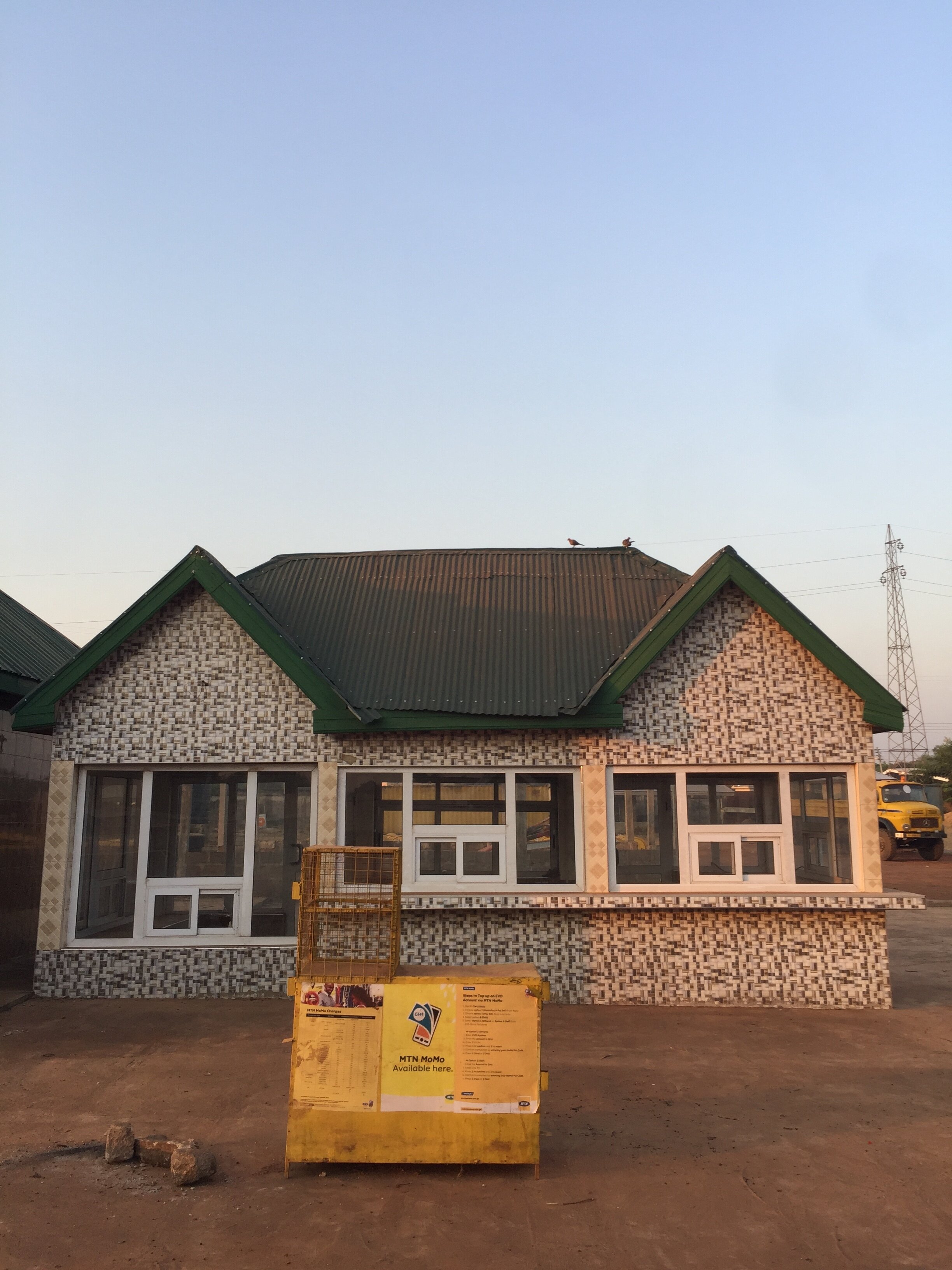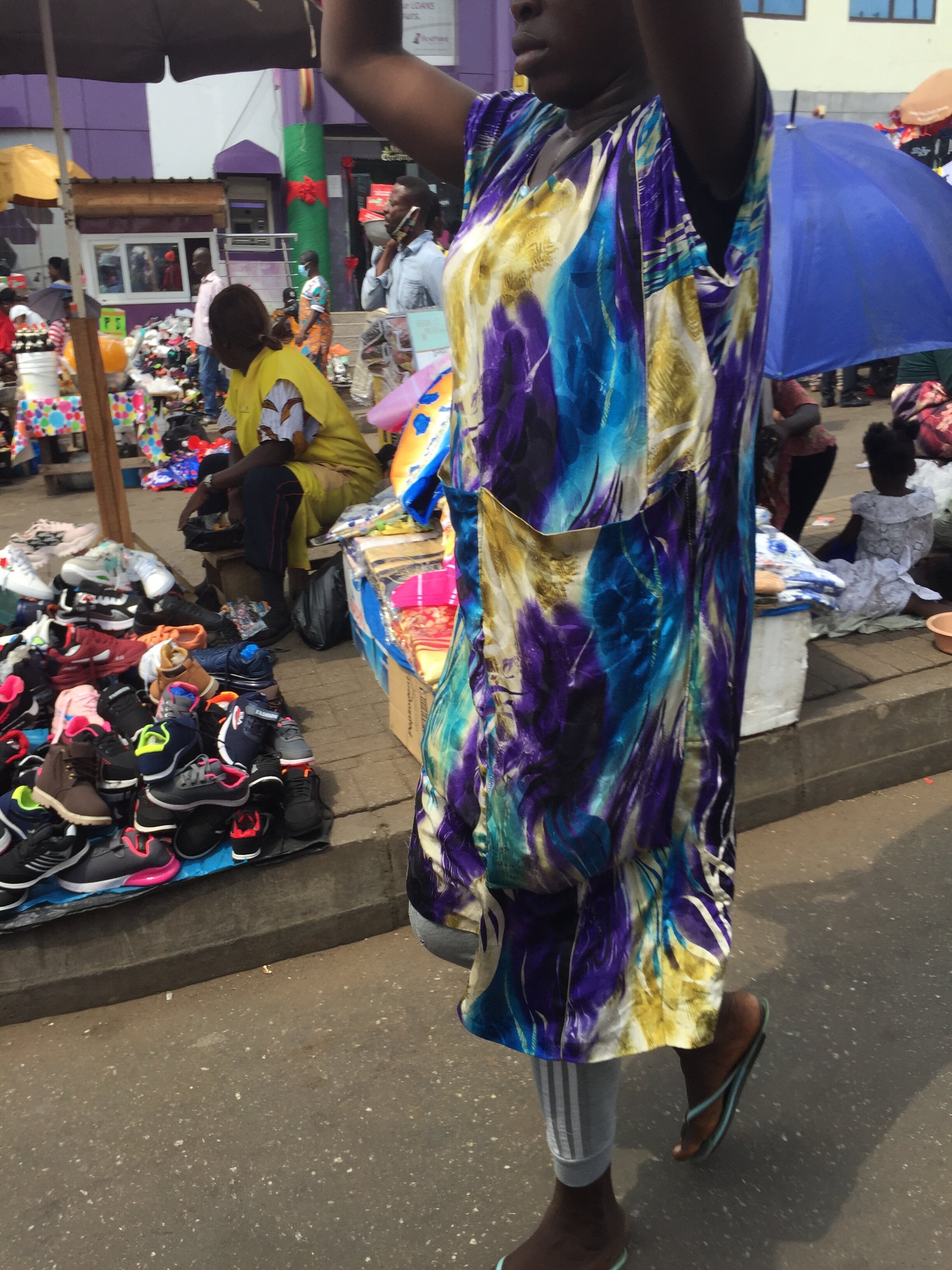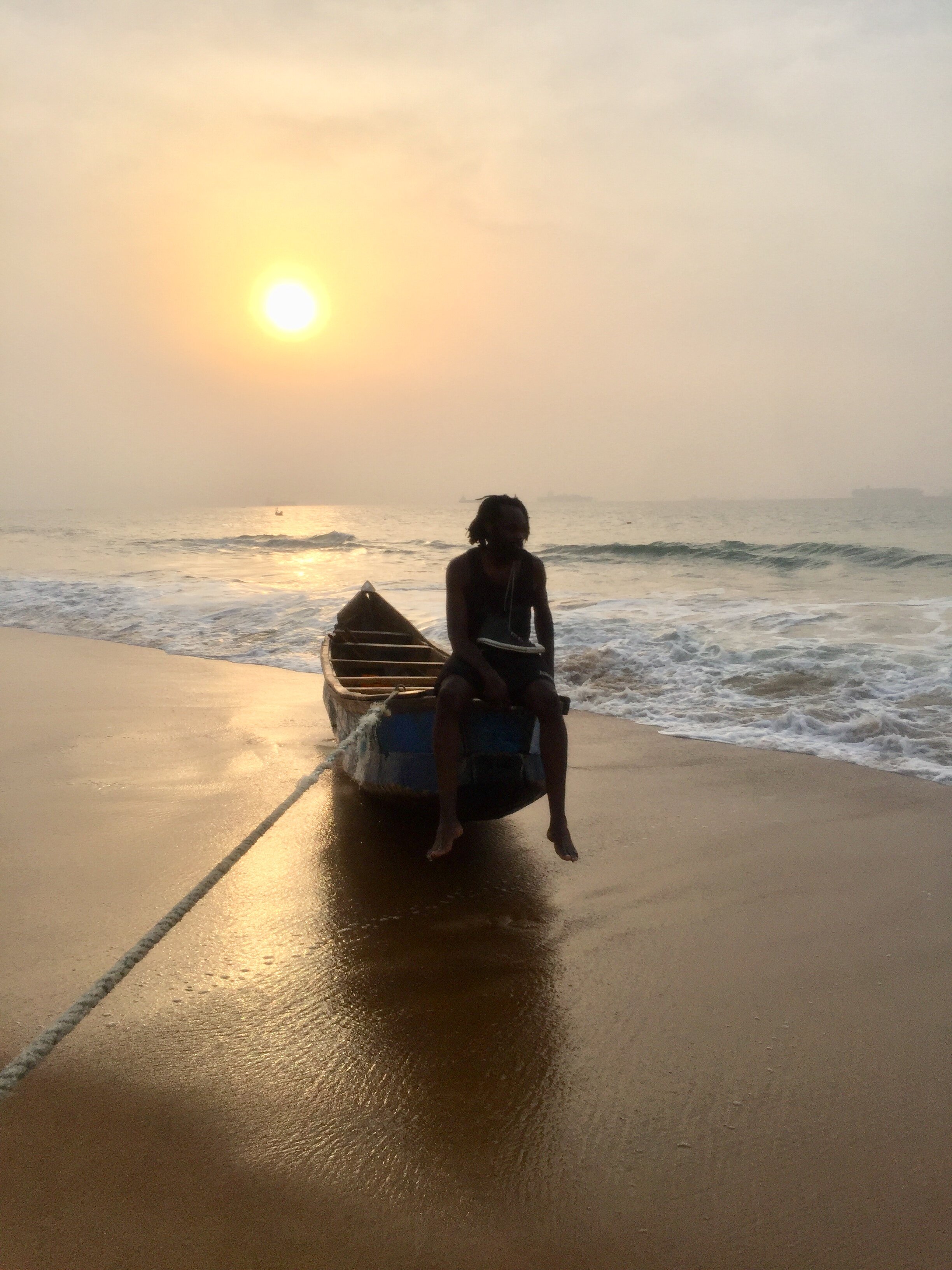Africa Tour (WART)
Due to pandemic and lockdowns, not being able to do anything creative, nothing happening around London or Paris. ACF & Associates decided to take their experience to West Africa, to learn more about craftsmanship and sustainability culture, through the eyes of the locals.
In a captivating editorial, Art Comes First present their latest AW21 editorial shot in the stunning locale of Accra, Ghana — and more importantly, showcase the beauty of local talents that make up the creative fabric and workforce themselves; from local fishermen, tailors and street vendors to name a few.
What’s evident is that the pandemic has surely slowed things down but when the going gets tough the tough gets going as they say, it has presented new ways of looking and getting things done. With restrictions in usual activities, Shaka Maidoh and Sam Lambert — the duo behind Art Comes First — decided to take their experiences to West Africa, to learn more about the craftsmanship and sustainable culture through the eyes of the locals. The journey started in the capital of Ghana, Accra and extended to Tamale, and Kumasi before going to neighbouring countries such as Togo (Lomé), and ended in Ivory Coast (Abidjan) over a span of 5 – 6 weeks.
Utilising the Winter 21 collection pieces, Art Comes First created an editorial shoot to shine more light on local businesses. Focusing more on blue collar workers such as fisherman, freelance tailors commonly seen as street tailors, Okada (motorcycle taxi) and taxi drivers, Street vendors selling coconut water and more, basically the people who are helping the economy of the country that are hardly recognised. All of the models used are real and true to their profession.
The shoot also highlights the local myth and story around Mami Wata (Mother of Water) commonly referred to in the West as mermaid, which is about this beautiful light skinned woman who seduces fishermen and takes them away from their wives or families into the deep sea never to return. ACF’s interpretation with the shoot was more on local beauty and highlighting different shades of black, using a beautiful dark-skinned girl as a statement to challenge the skin bleaching trend that is vast and a trend in West Africa.
W.A.R.T (West African Road Trip) project has developed and given birth to another extension of the ACF Collective (African Creative Factory) in partnership with Ivorian fine art photographer Franck FANNY and much more to help bridge the gap between African creatives and the diaspora. The collection will exclusively be available at selected Nordstrom stores across USA and Canada .
WART
West Africa Road Trip.
Understanding & learning from Africa day by day. Through hustling, business, black market, heritage, spiritualism…etc.
Relearning things about African culture, understanding the tradition and the myths. Learning through experience the lifestyle.
NO BORDERS
We took Planes, Cars, Motorbikes , Boats even Walked just to make sure that WART was completed. Nothing can stop the student who is hungry for knowledge. We want to learn and discover new and different things to feed their curiosity.
Living a life full of wonder and a thirst for knowledge keeps you young.
Flea Markets.
PERFECT PLACE TO FIND LOCAL ARTISANS
Of course there are many different and often positive stories to be told from Africa's 54 diverse countries. But the continent currently has no microphone of its own on the global stage, no loudspeaker with which to tell its stories the way it wants them told.
The World Health Organization says Africans are living longer and healthier lives.
Indigo dye workshop in north Ghana
A river doesn't flow through the forest without felling the trees.
African proverb.
SAFARI.
Park Moley north of Ghana
All over Africa there is an overwhelming sense of design and an underlying structure of consistent and recurring pattern. Patterns are used in the decoration of: Architecture-walls, roofing, doors, columns, finials, tiles, ceramics. Functional objects-baskets, pottery, furniture, musical instruments.
Bribery is considered an effort to buy power—paying to guarantee a certain result; lobbying is considered an effort to influence power, often by offering contributions. The main difference: Bribery is considered illegal, while lobbying is not.
Western thought viewed pre-colonial Africa as pre-law, and thus argued that emergent states needed formal Western legal regimes to enter modernity. No credit was given to pre-existing African legal systems, which were often referred to as “customary law,” “traditional,” “savage,” or “uncivilised”.
pre-colonial African civilizations were Egypt, Nubia, Ghana, Mali, Carthage, Zimbabwe, and Kongo. In West Africa, the empires of Sudan, Ghana, Mali, and. Songhai all flourished. In Southern Africa, Great Zimbabwe emerged as the most.







